In this column we will analyze what all the players of padel should learn from the best player in padel of the world: Fernando Belasteguin. Learning from the best is the first step to improving your game, to identify with a successful player is to identify with his success.
Understand the game
Many amateur players take lessons from padel to improve their technique, their physical condition. This is very good and positive, but the padel is much more than an individual and physical technique. “Bela” himself may not be the most gifted, technical or physical player.
In order to be able to fully enjoy and practice a sport, you must first understand it. And the first thing to know about the padel is that it is a team sport.
Our way of playing, and our attitude will have an influence on that of our partner, and vice versa.
- How many players analyze how their relationship affects and communicates with their partner?
- How much does this important aspect work in the same way as the technical or physical aspect?
- Have you ever analyzed your partner's response to your comments?
- Do you know what kind of communication keeps you motivated?
- Does it affect performance if he sees you regret your mistakes?
Beyond the relationship with the partner, it must also be clear that the padel, like any other sport, is configured in such a way that certain strokes or ways of playing are more or less advantageous. The player or partner who knows how to adapt his game to these characteristics will perform better.
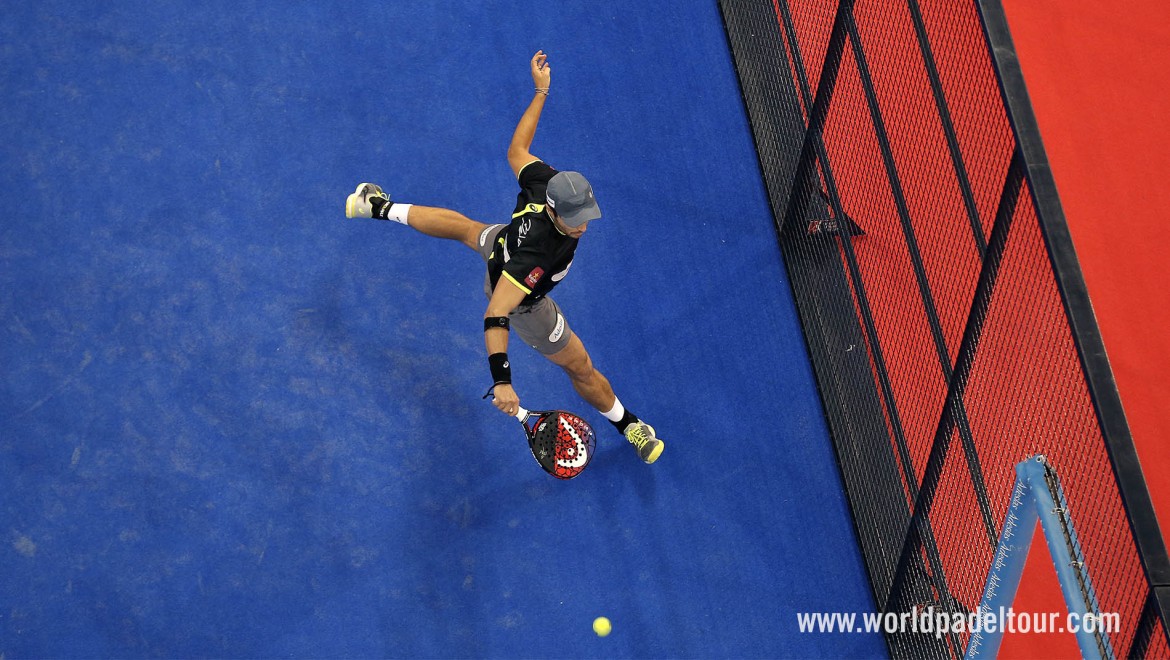
Do you know your partner or your opponents?
We often see it: Players play, but do not know what they are doing. At the professional level, this does not usually happen, but this is very common at our amateur level. It does not matter either, because you just want to have a good time more often. But it's a problem if you want to be competitive.
Establishing a game strategy is vitally important when you face opponents. For this, it is necessary to know the strengths and weaknesses of our team and the opposing pair, and adapt the game to these conditions.
To develop this analytical ability, a good exercise is to ask the following question when we are playing or watching a match: Who does what and to whom?
This will help us to become aware of the strategies implemented on the ground, and to encourage this habit of observation.
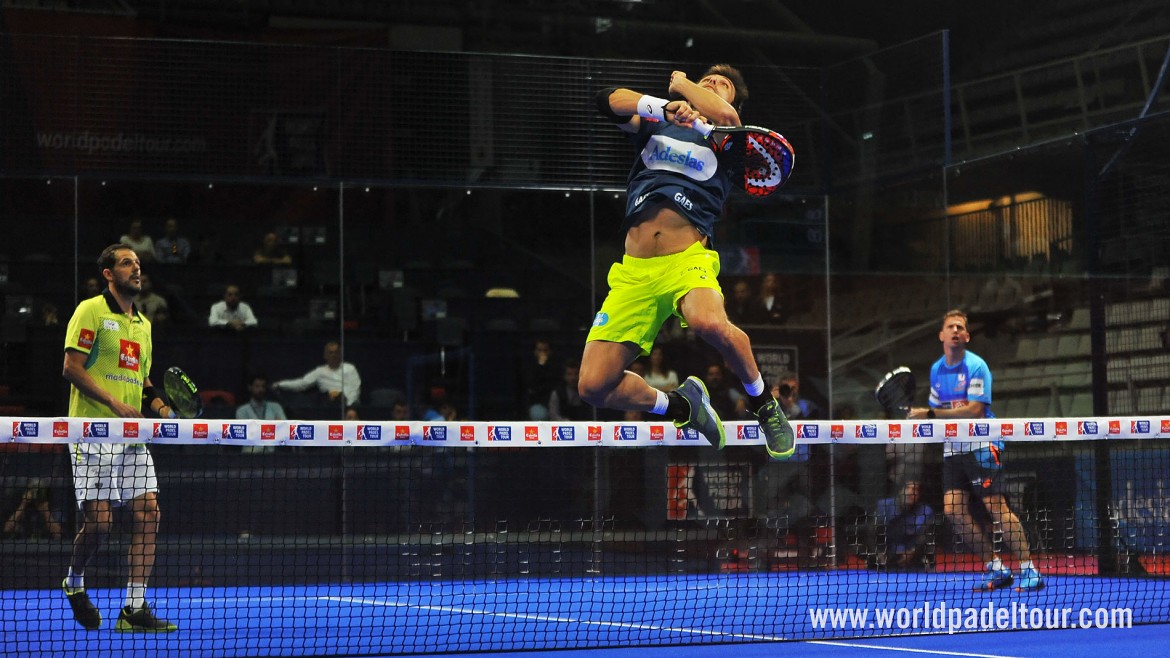
Self-image and self-confidence
This is one of the most influential aspects of sports performance because it has a direct link to the level of confidence. This is surely the aspect that must be retained in priority of Fernando Belasteguin.
Try this during your next match. Before a good shot, try to have a positive attitude with your partner:
« The stroke (volley, smash, backhand, etc.) is very good. The area was perfect, and technically well done! »
If the comment is sincere and not forced, the following strokes should be more effective than the previous ones.
Why is this exercise so beneficial?
In a way, the beliefs others have about us affect our self-image and our behavior.
With this type of positive feedback, we can change the way the partner sees each other. He no longer looks like a player with a bad shot (volley, smash, setback, etc.) but he thinks he is good or bad in this aspect of the game.
Who is most likely to hit a good smash? The player who sees himself as a good smasher or the one who sees himself as a draw in a smash?
Alexis Dutour is passionate about padel. With his training in communication and marketing, he puts his skills at the service of padel to offer us articles that are always very interesting.

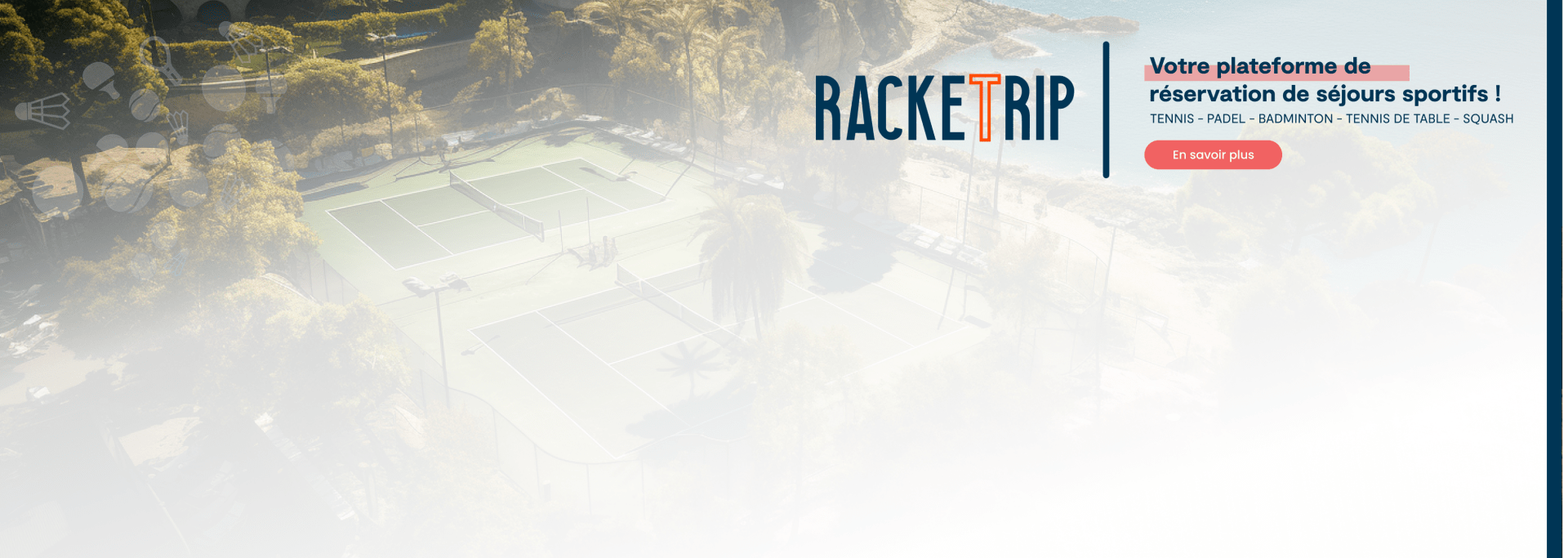













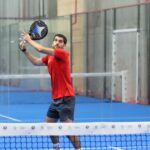
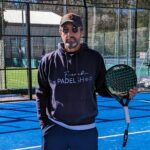


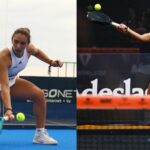

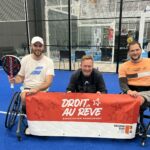







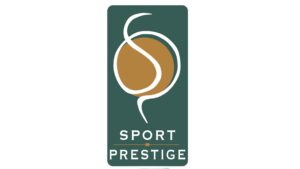
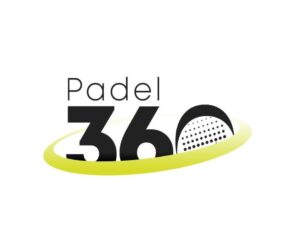
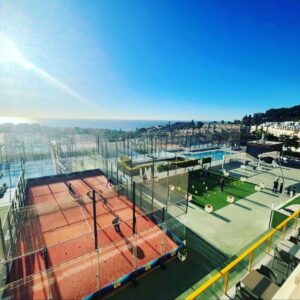
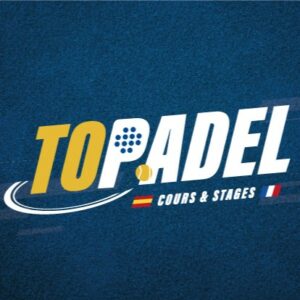



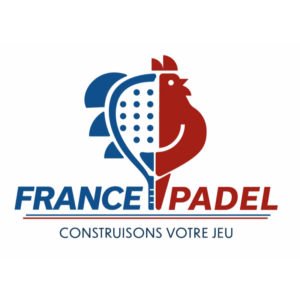





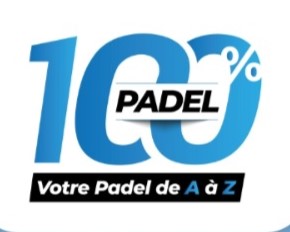
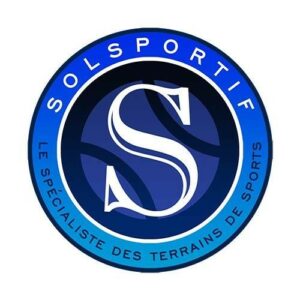

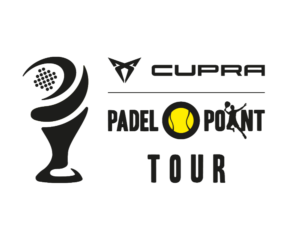

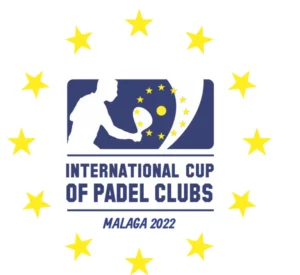
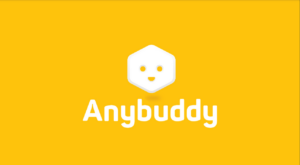
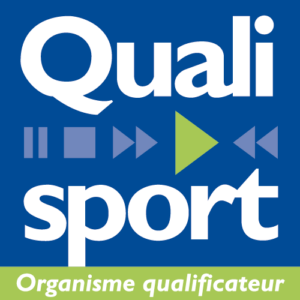


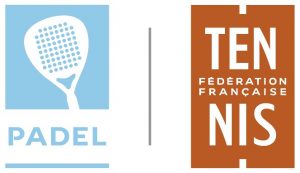


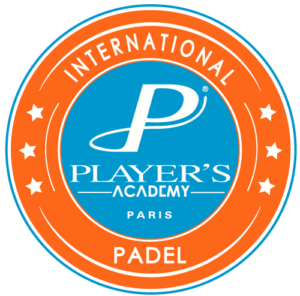
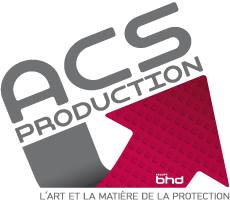
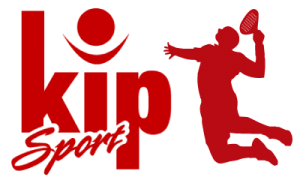

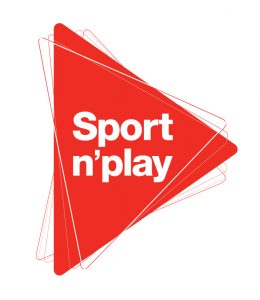

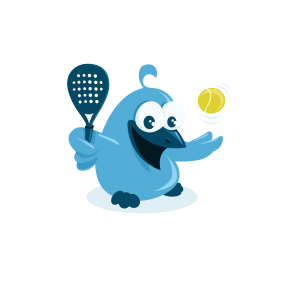

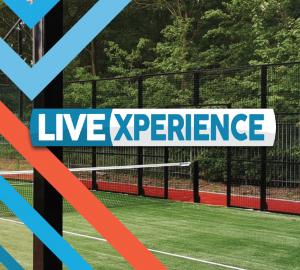



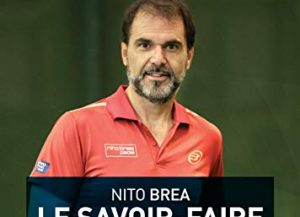
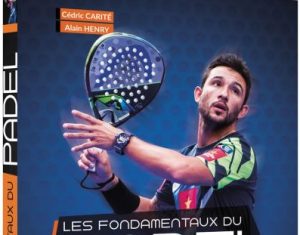

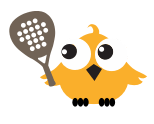
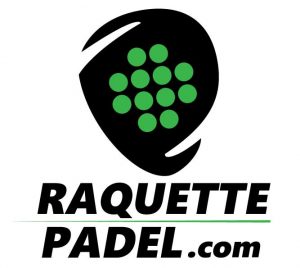

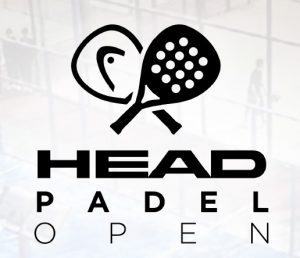




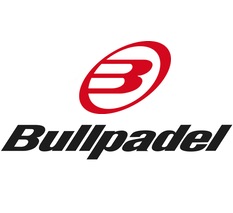
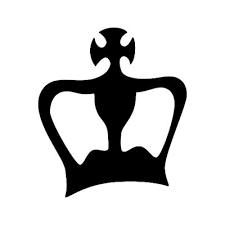
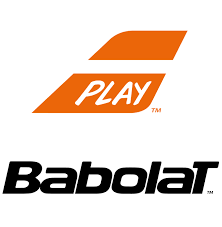

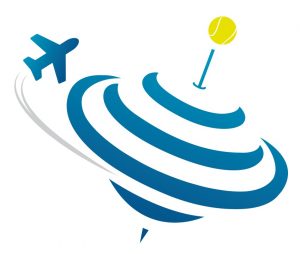
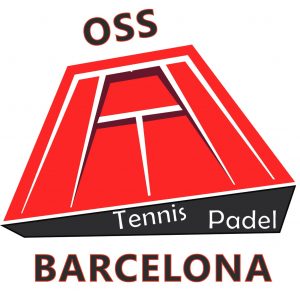
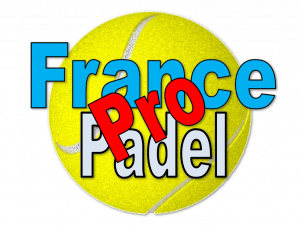


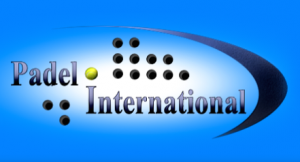

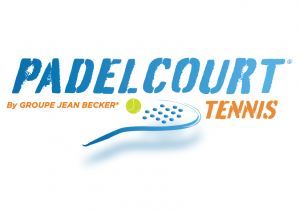
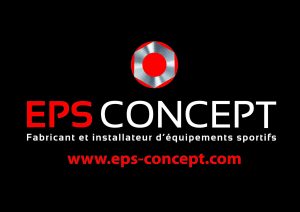
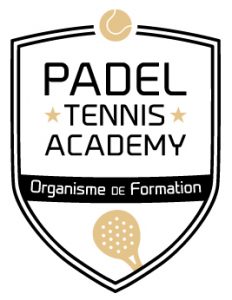
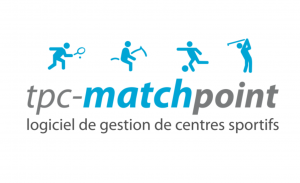

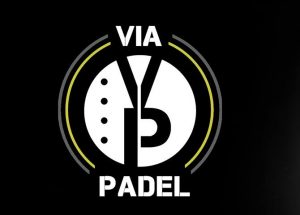
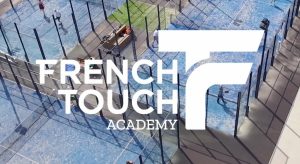



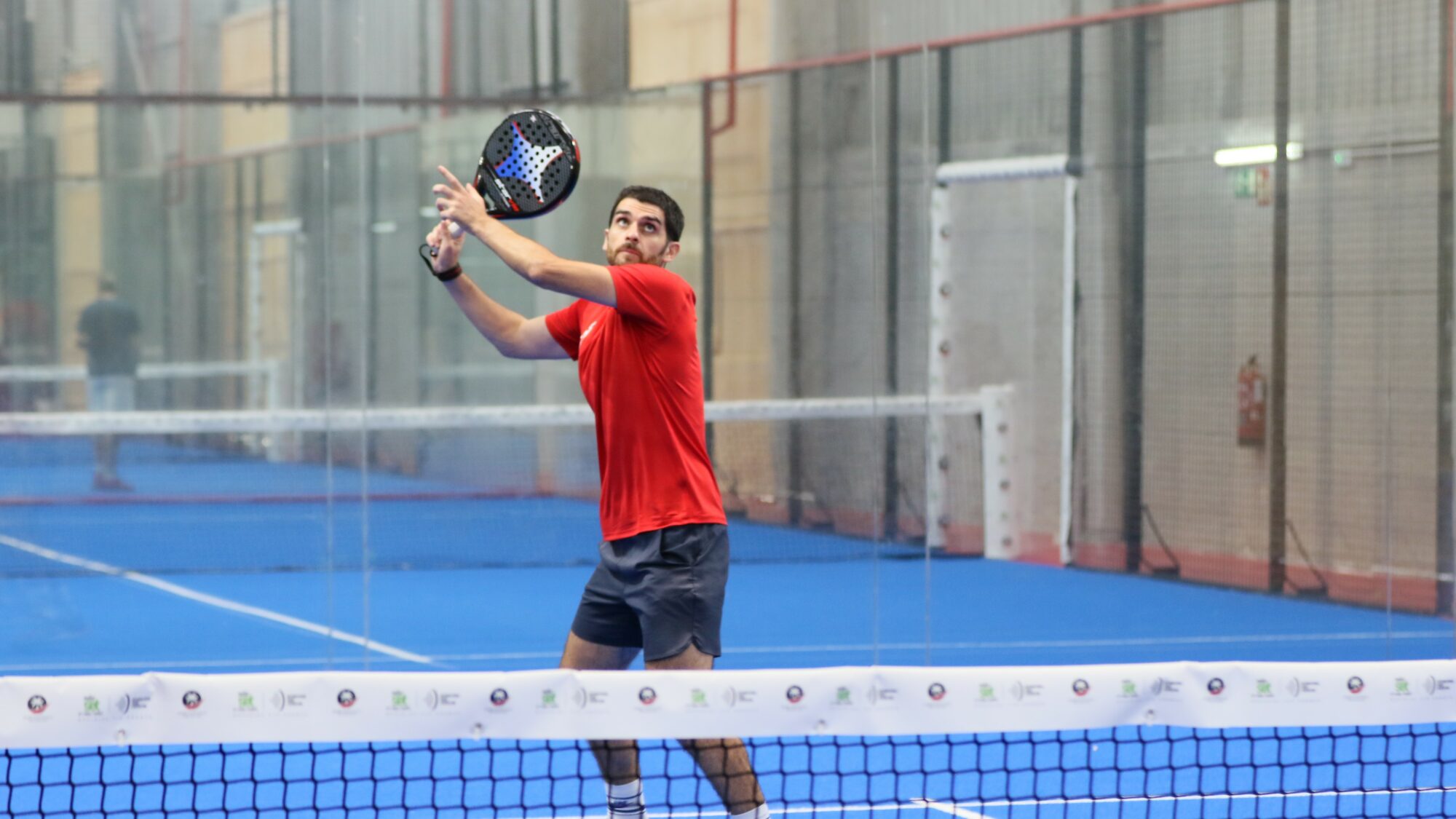 At the heart of padel – Episode 24: Paul Daulan shares the evolution of his bandeja
At the heart of padel – Episode 24: Paul Daulan shares the evolution of his bandeja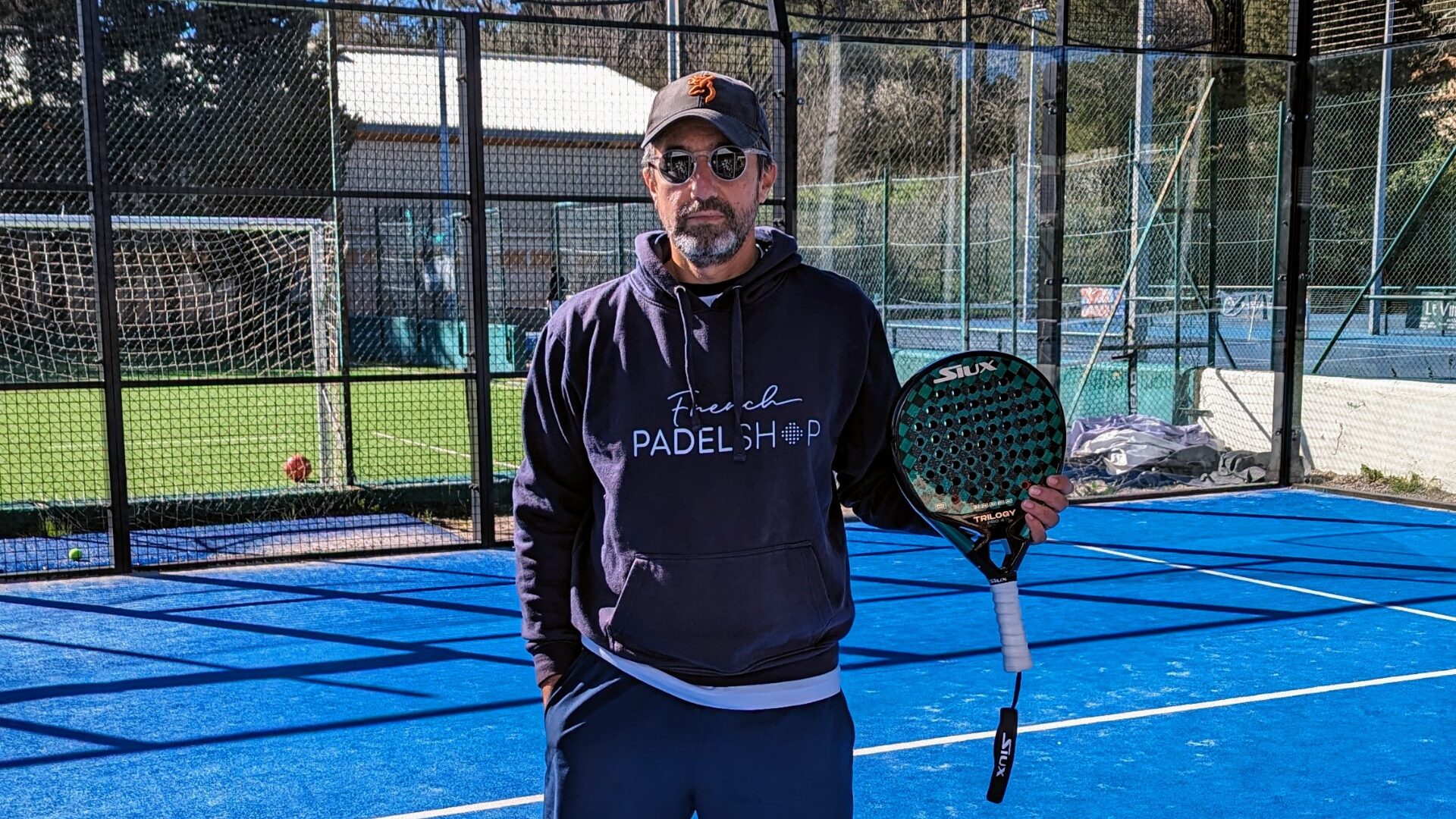 Stéphane Penso tackles the news Siux Trilogy Pro 4!
Stéphane Penso tackles the news Siux Trilogy Pro 4!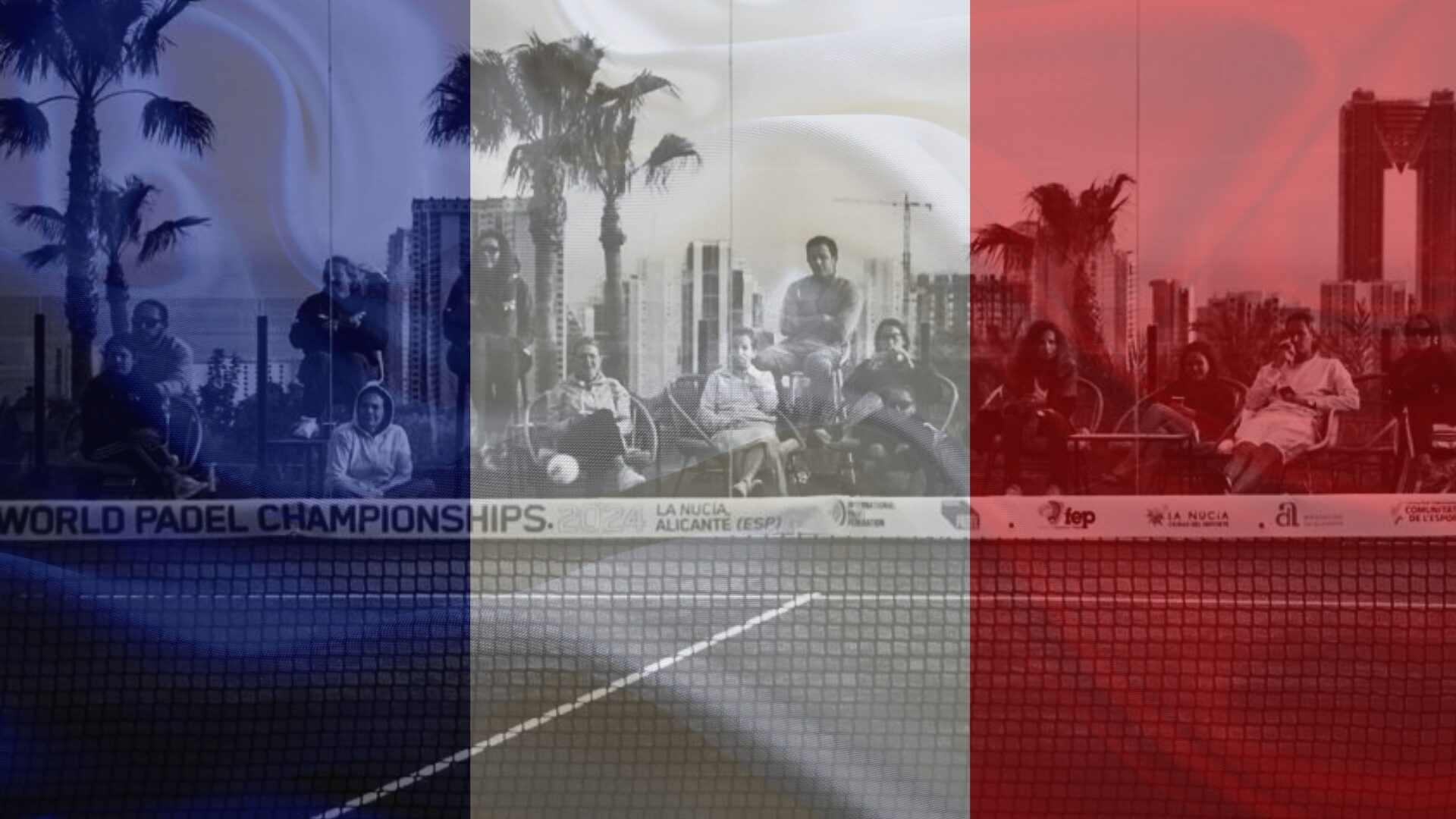 World Seniors Plus 2024 Open (M): the French start very strong
World Seniors Plus 2024 Open (M): the French start very strong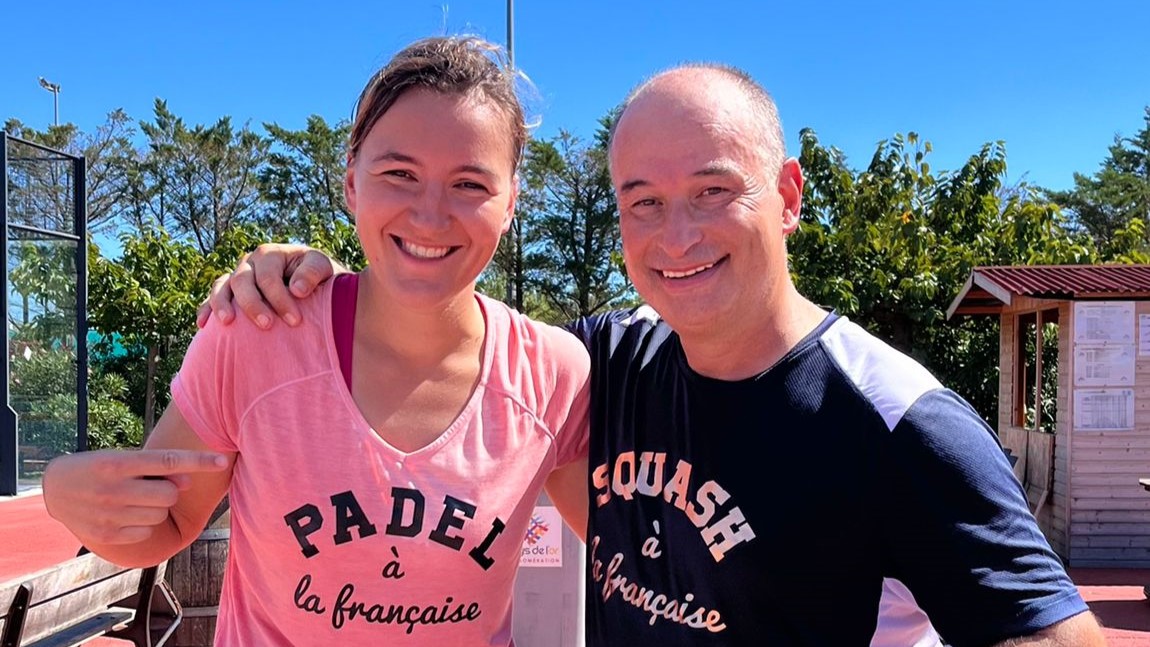 Benoît Letourneau (GM Squash & Padel): “Have a hundred young people in multi-snowshoes within three years”
Benoît Letourneau (GM Squash & Padel): “Have a hundred young people in multi-snowshoes within three years”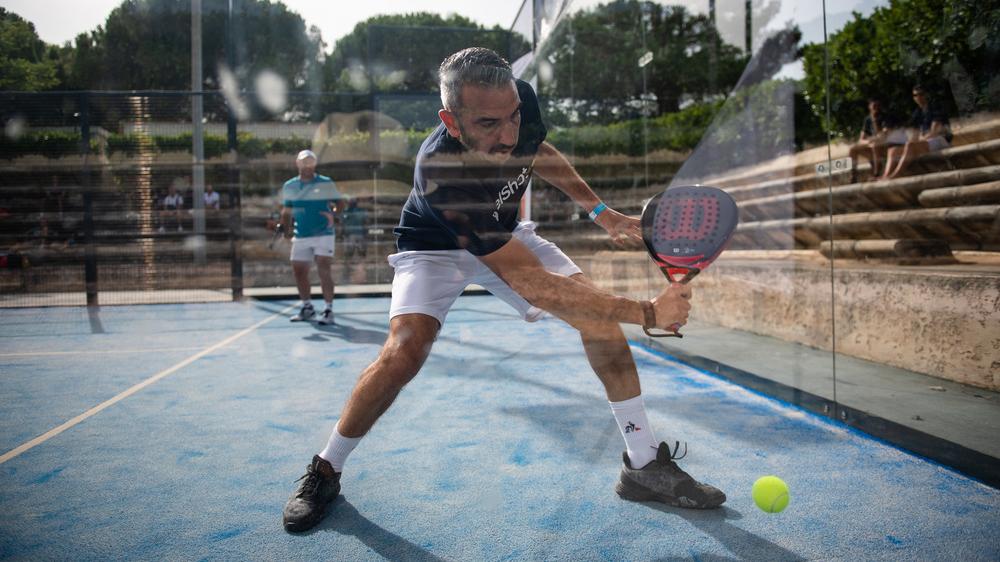 World Senior Plus – Simon Boissé: “Be in the first five places”
World Senior Plus – Simon Boissé: “Be in the first five places”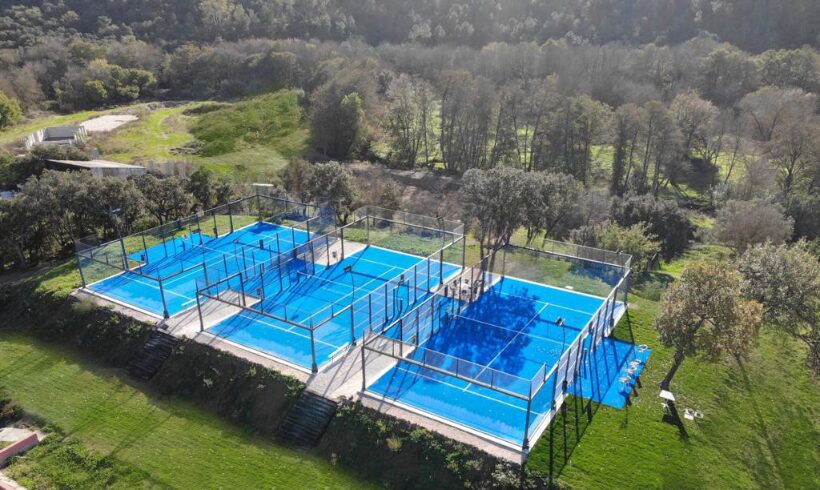 Kevin Fouquet: “We plan to add 5 new tracks soon”
Kevin Fouquet: “We plan to add 5 new tracks soon”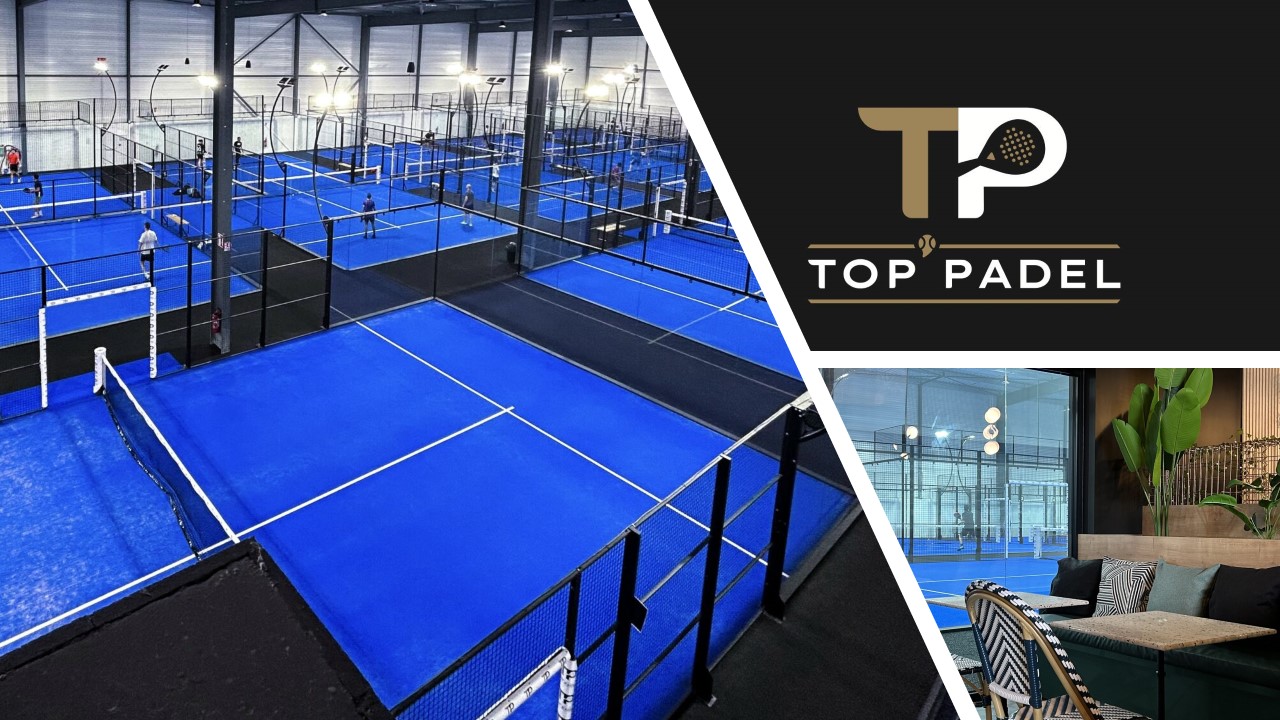 TOP Padel : “A premium club with 10 slopes in Toulouse”
TOP Padel : “A premium club with 10 slopes in Toulouse”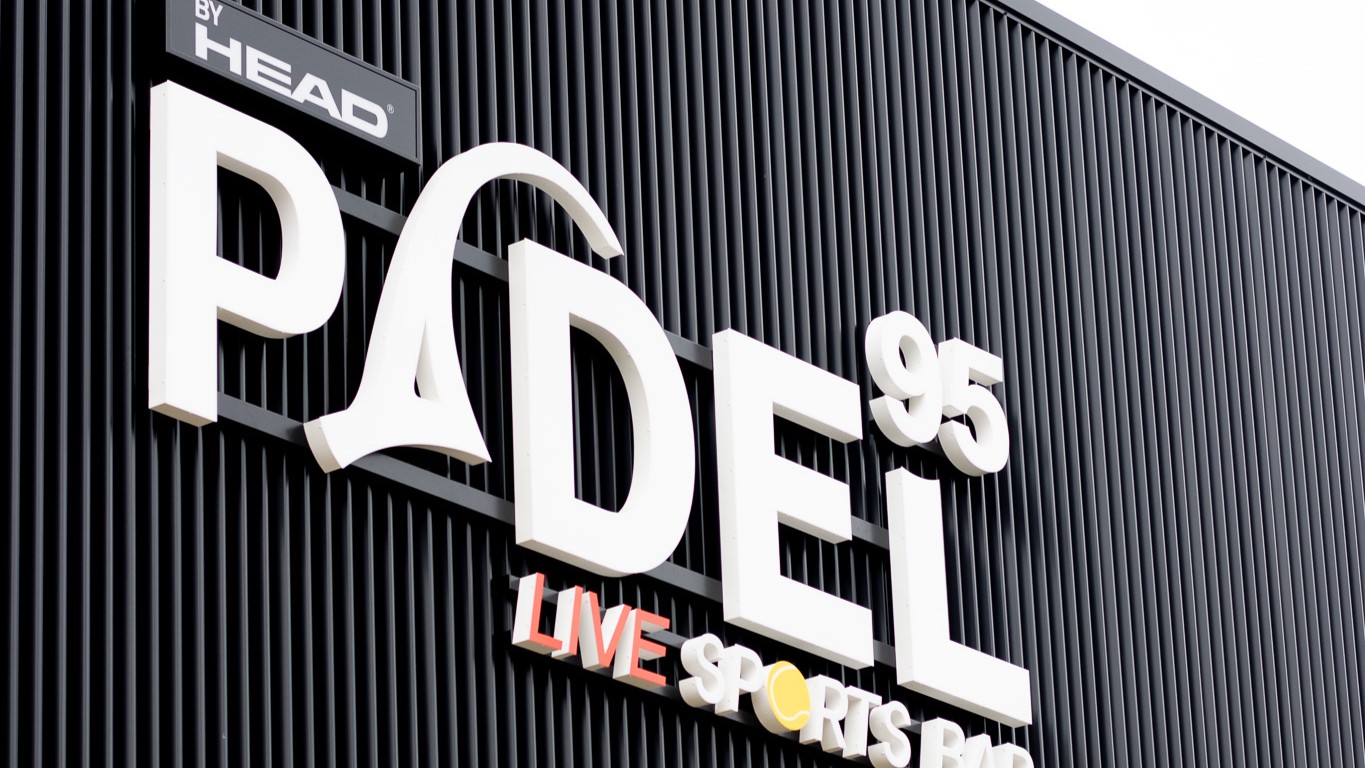 Padel 95: a brand new complex in Pontoise!
Padel 95: a brand new complex in Pontoise!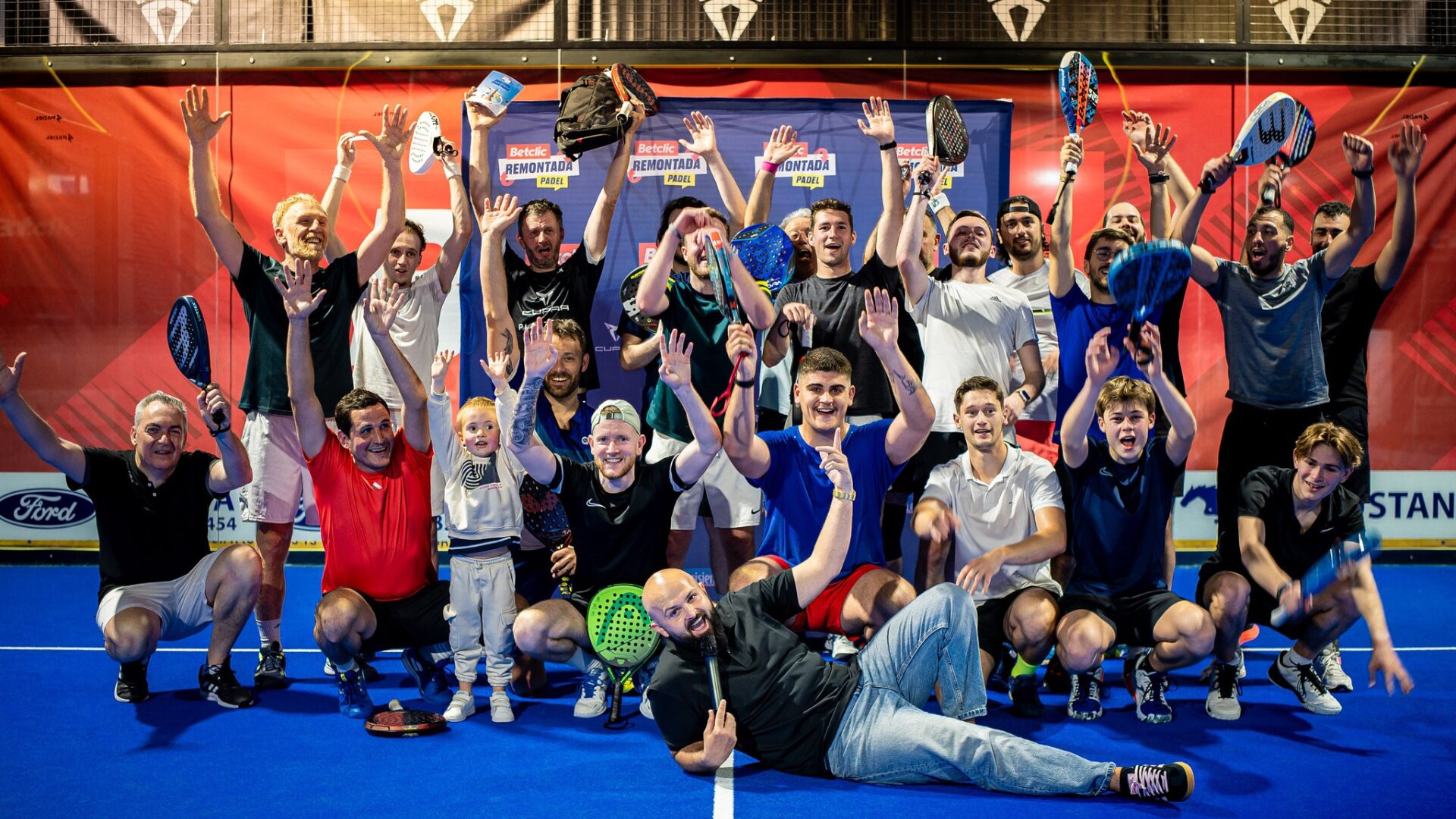 Streamer Domingo launches a challenge to the Betclic Remontada Padel
Streamer Domingo launches a challenge to the Betclic Remontada Padel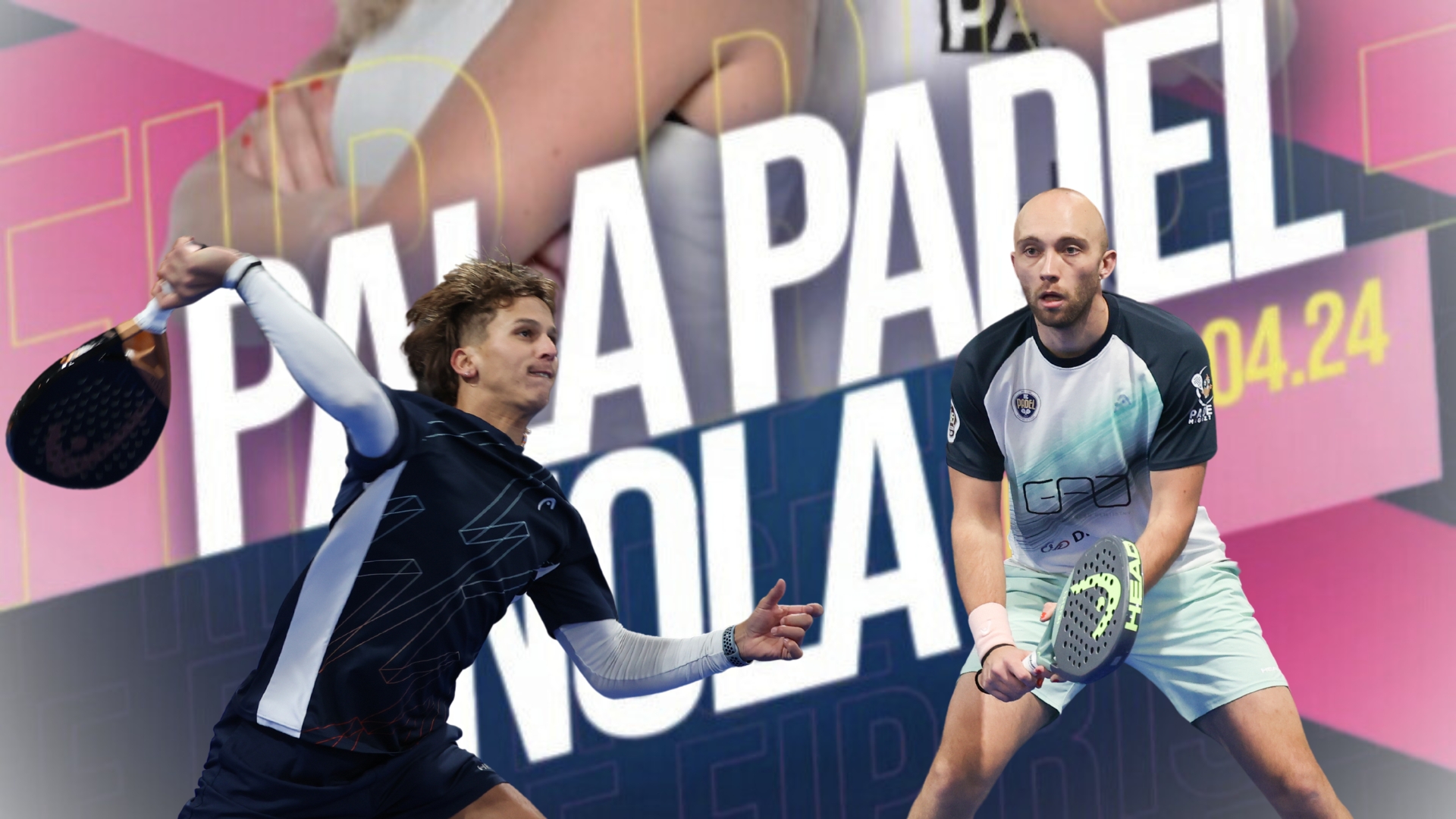 FIP Rise Nola – Joris / Vanbauce unstoppable and takes the TS6: Di Giovanni / Cremona
FIP Rise Nola – Joris / Vanbauce unstoppable and takes the TS6: Di Giovanni / Cremona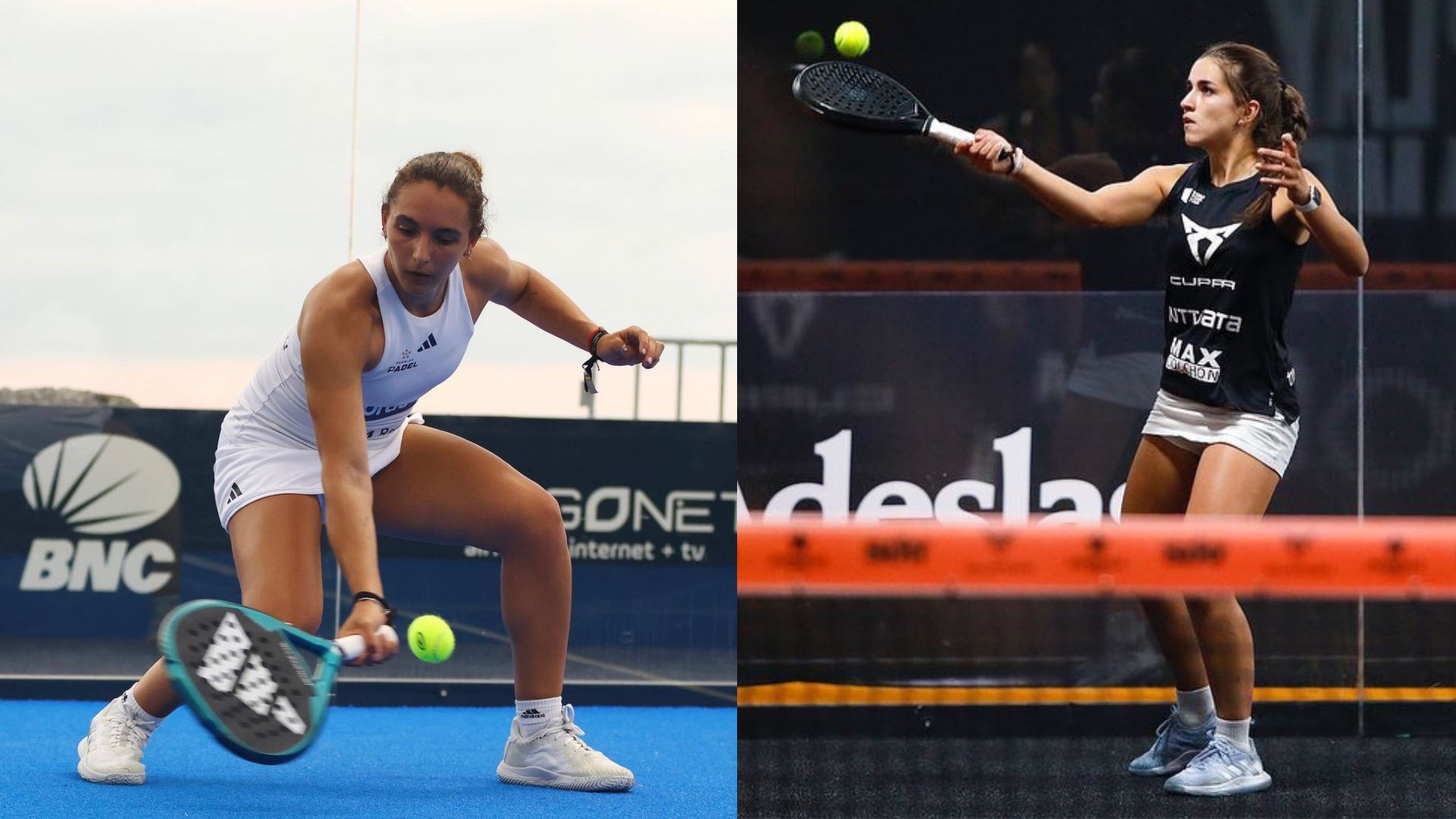 Lorena Rufo teams up with Bea Caldera
Lorena Rufo teams up with Bea Caldera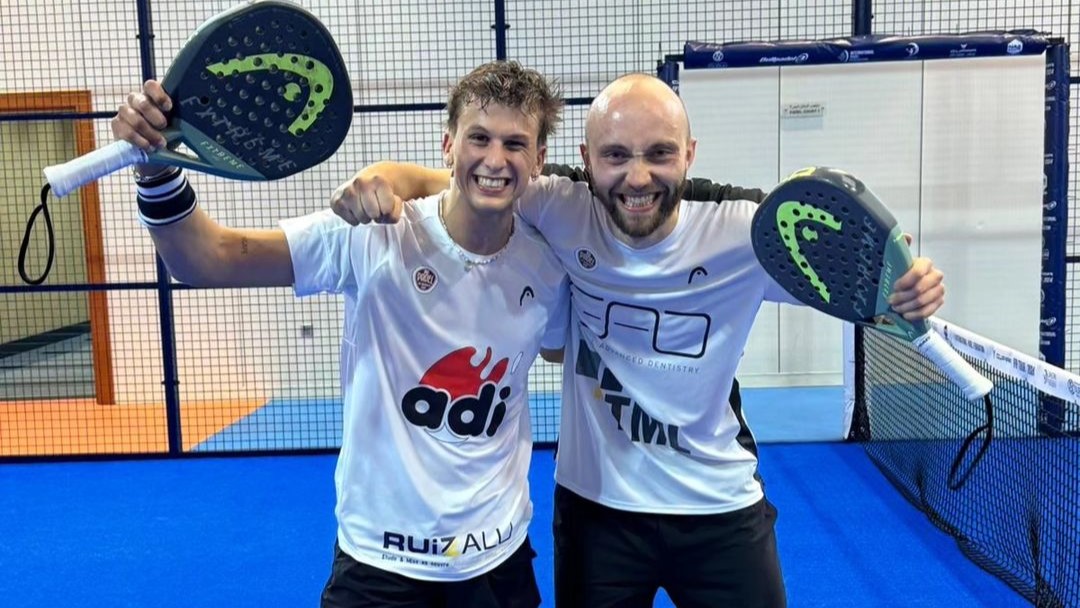 The big progress of Thomas Vanbauce
The big progress of Thomas Vanbauce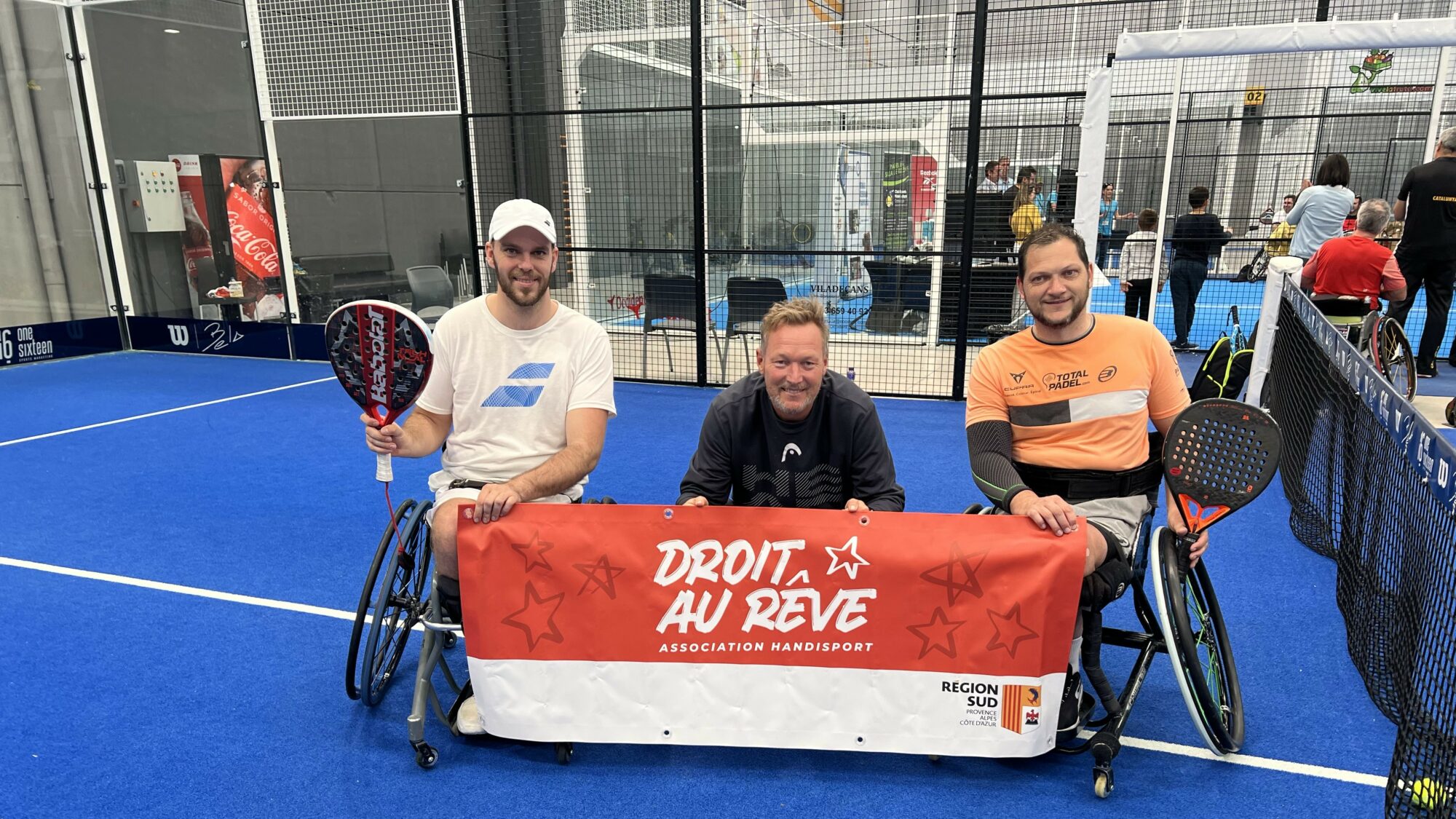 Dorian Navarro and Sébastien Husser-Walther deliver an exceptional performance in Barcelona
Dorian Navarro and Sébastien Husser-Walther deliver an exceptional performance in Barcelona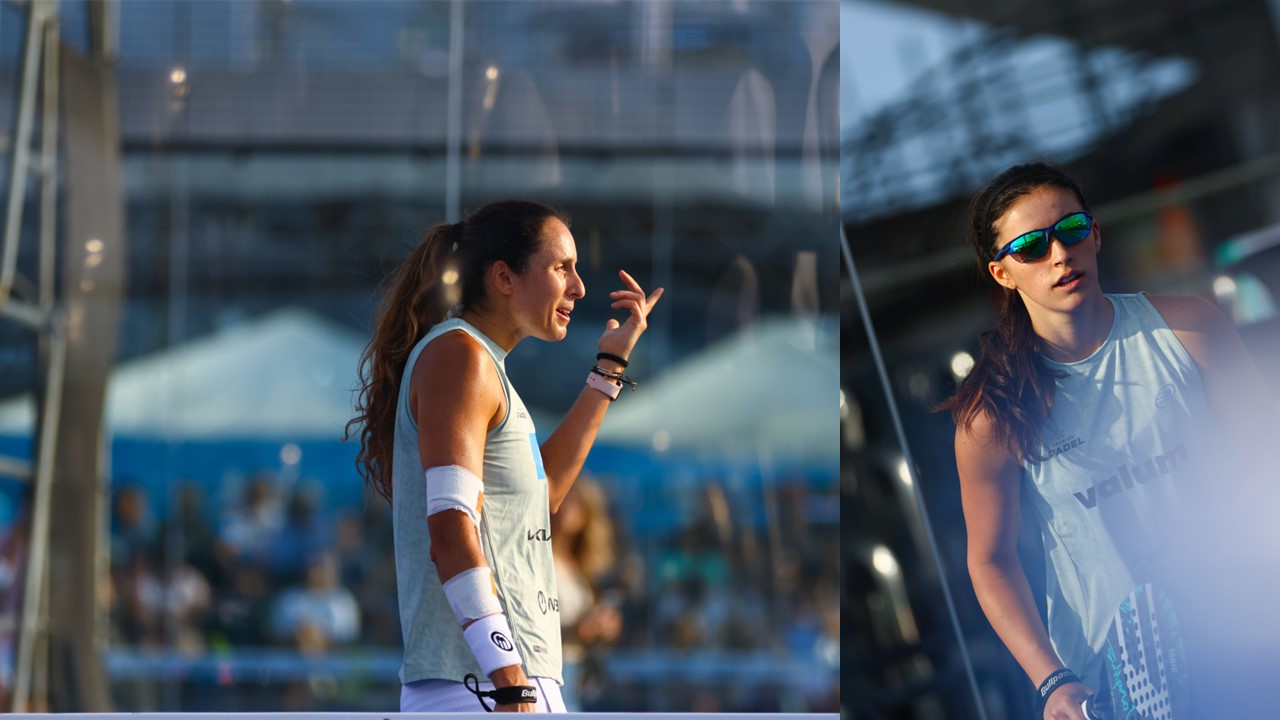 Gemma Triay: “I want to help my partner open up”
Gemma Triay: “I want to help my partner open up” Play at padel on his yacht? Possible for €233.000!
Play at padel on his yacht? Possible for €233.000!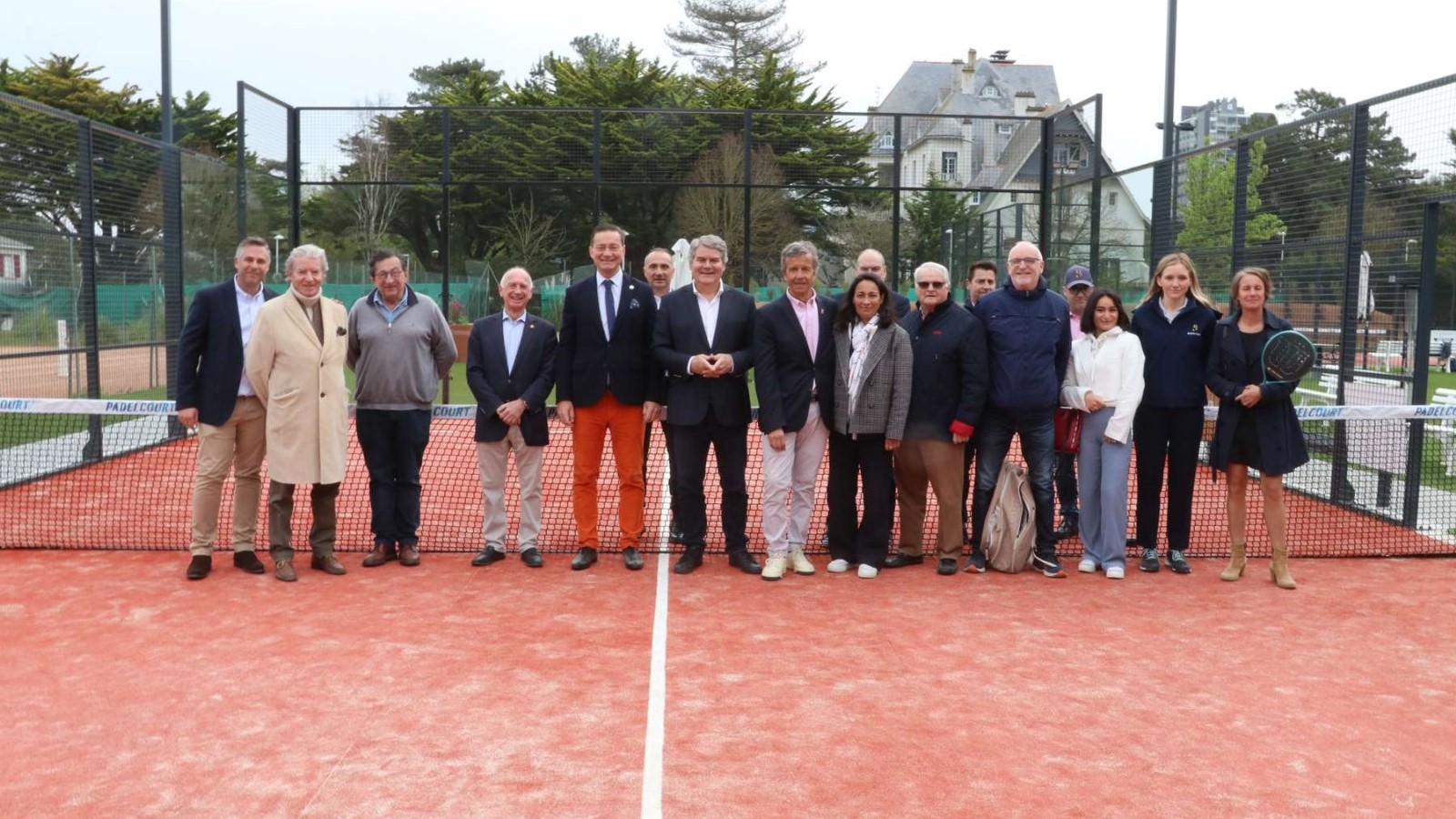 The padel of the Barrière Country Club are born in La Baule
The padel of the Barrière Country Club are born in La Baule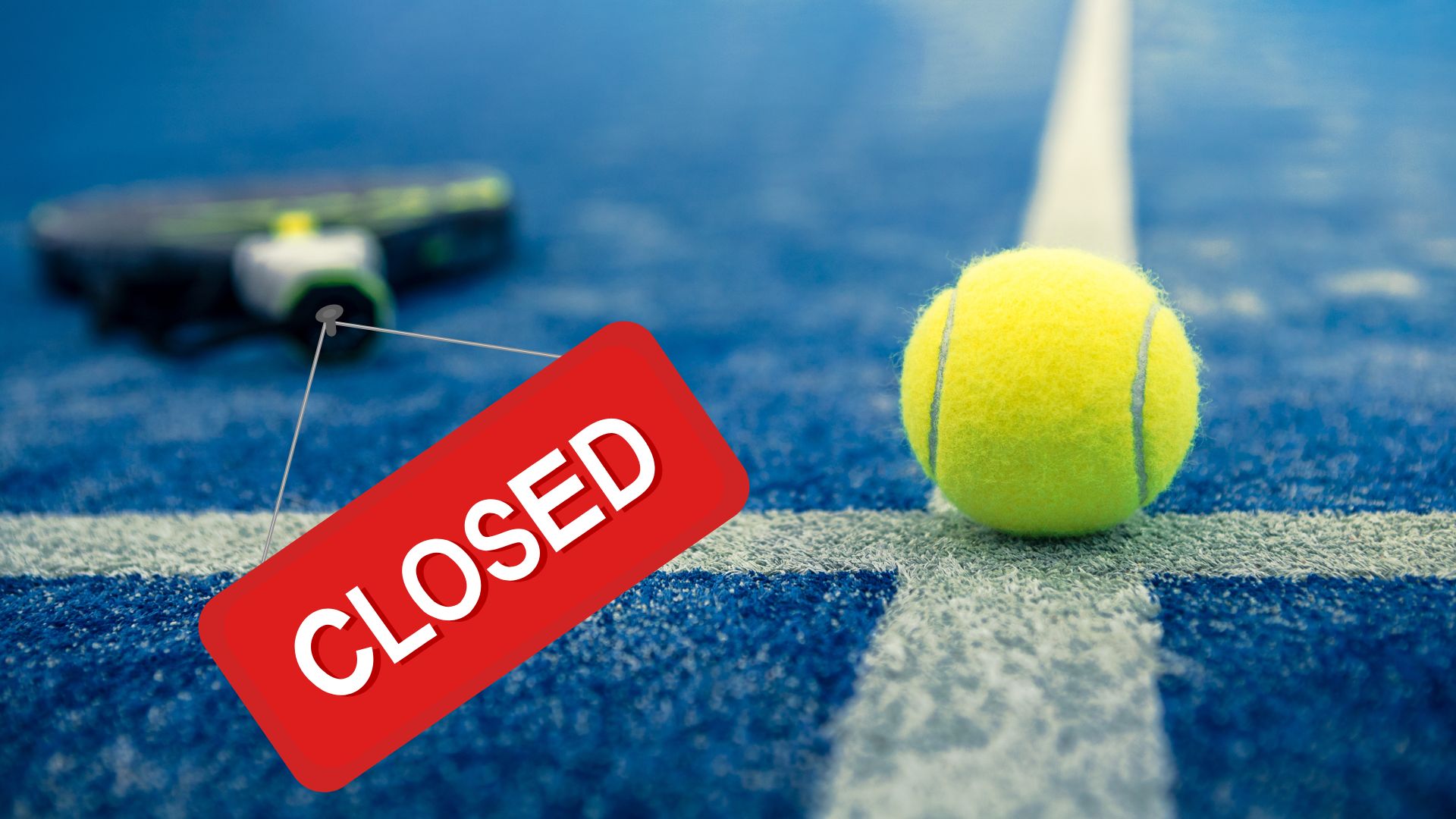 Why clubs padel do they close?
Why clubs padel do they close?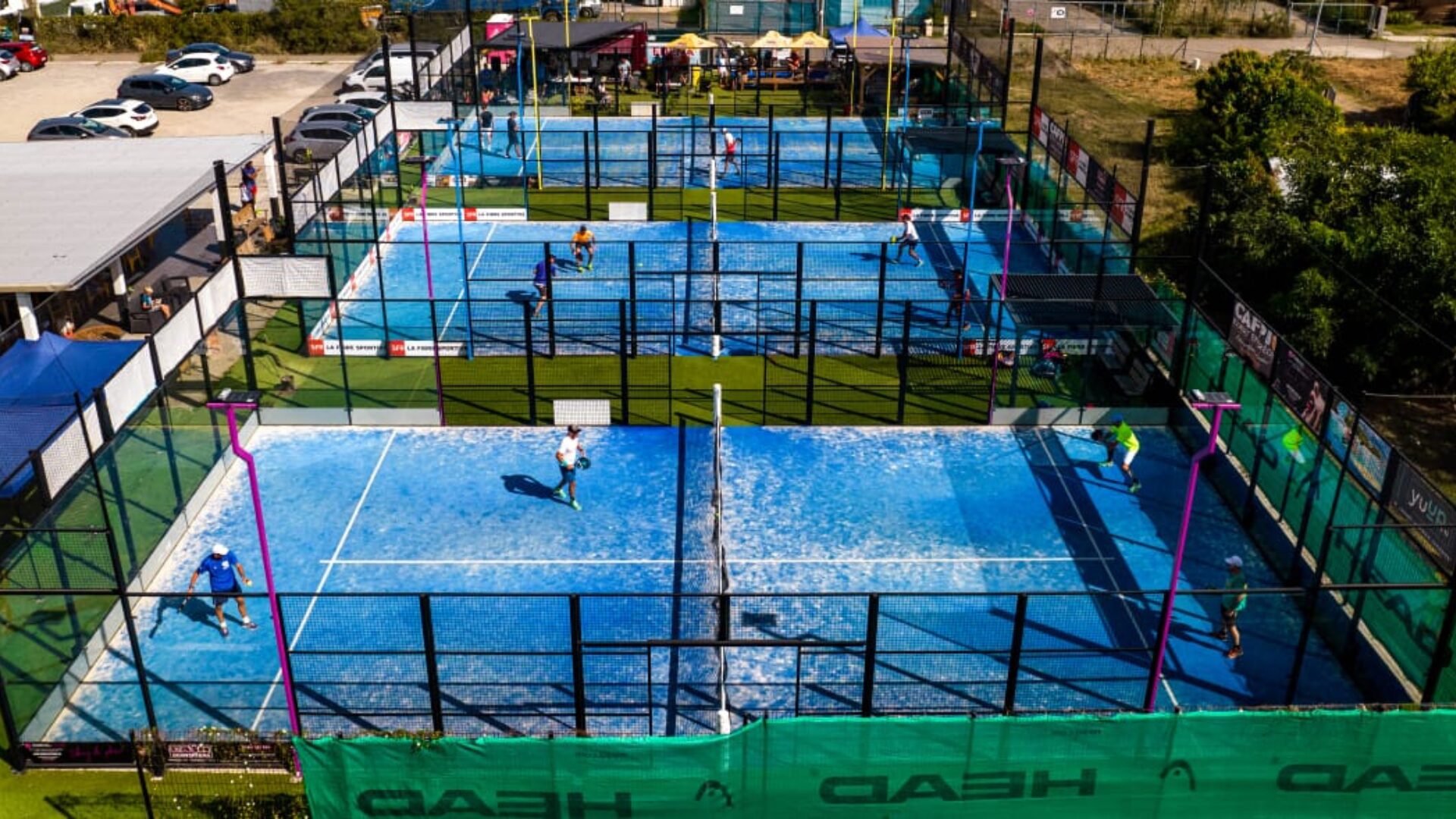 Why choose a track padel new?
Why choose a track padel new?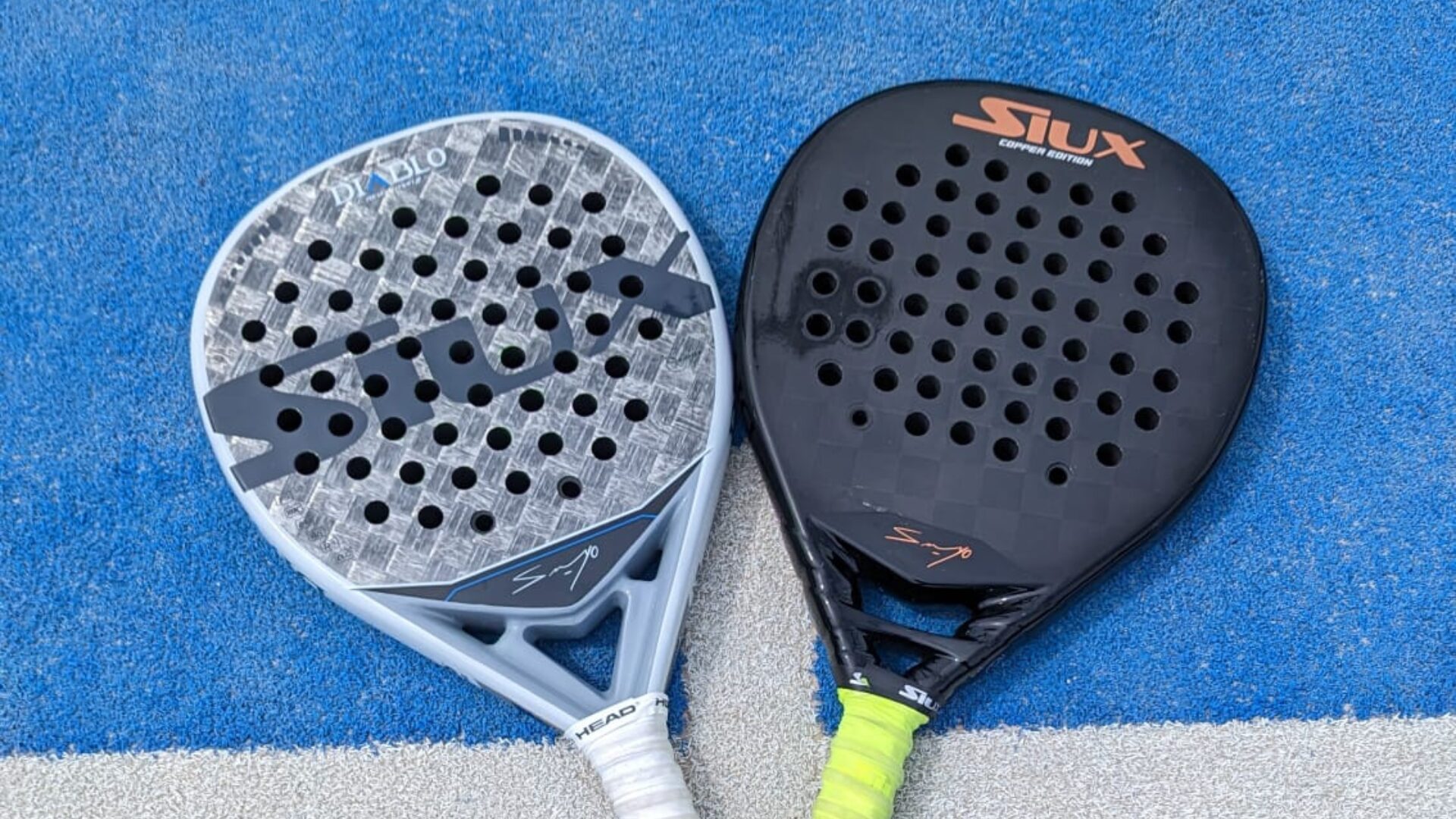 Do you know snowshoes? padel hybrids?
Do you know snowshoes? padel hybrids?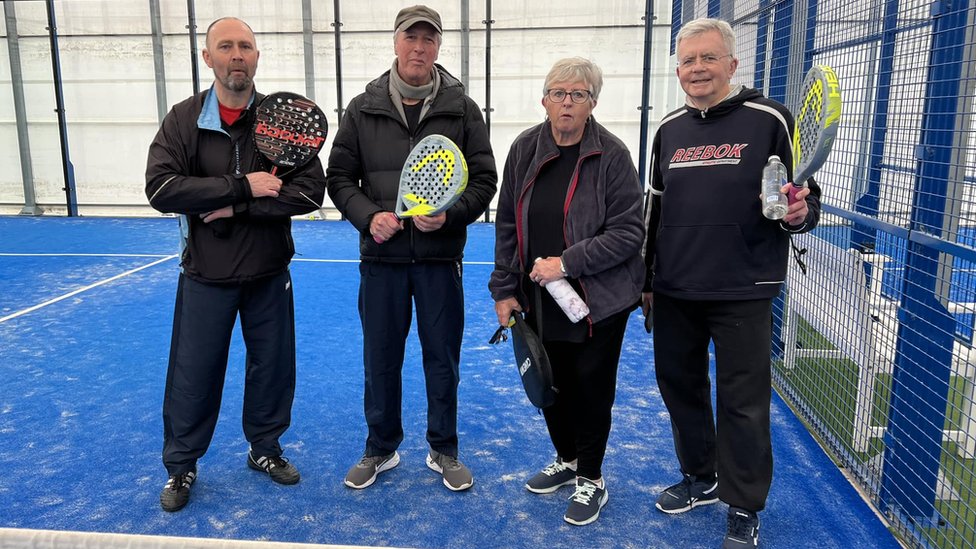 La padel to fight Parkinson's disease
La padel to fight Parkinson's disease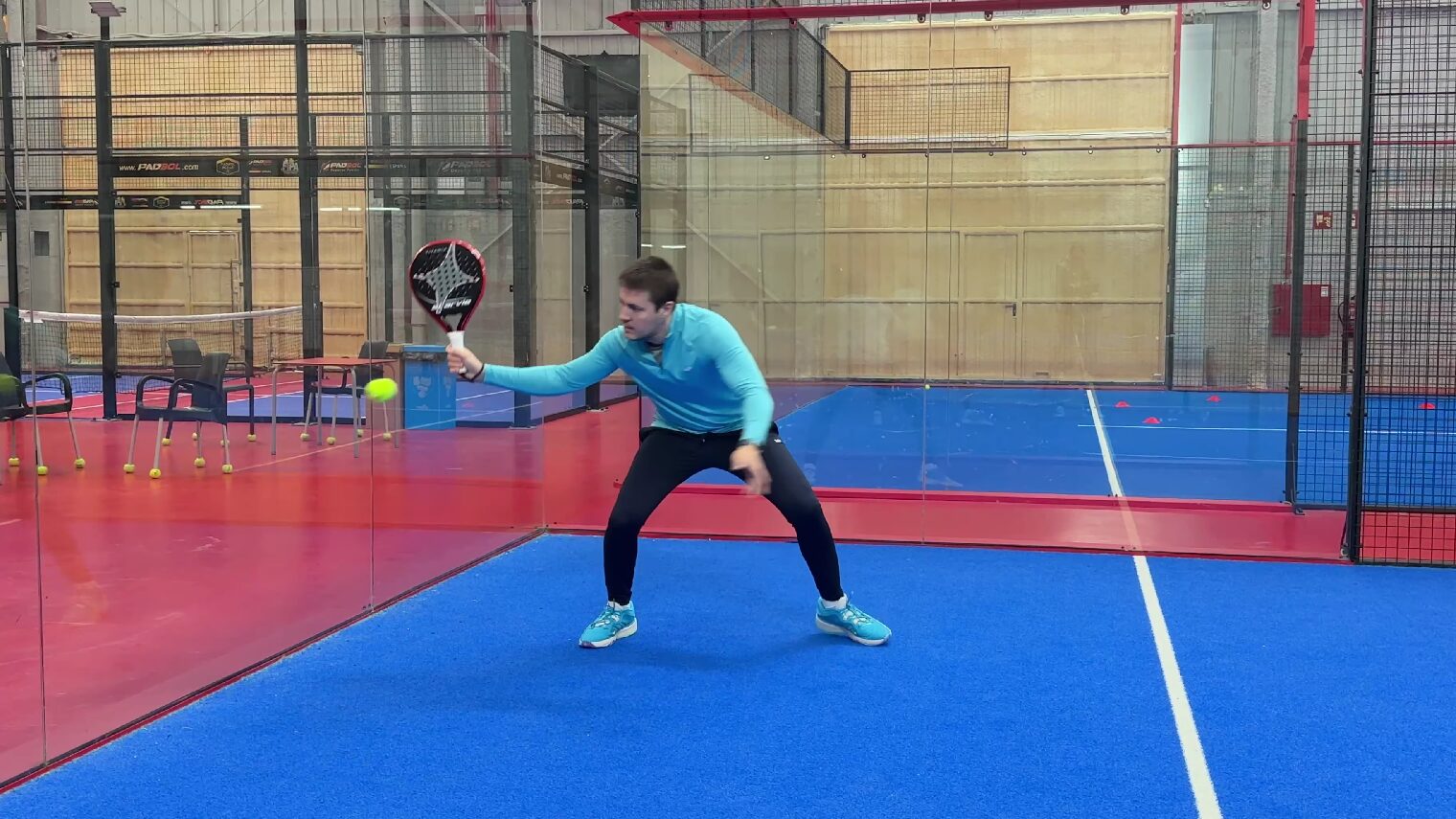 At the heart of padel – Episode 23: defend the window well
At the heart of padel – Episode 23: defend the window well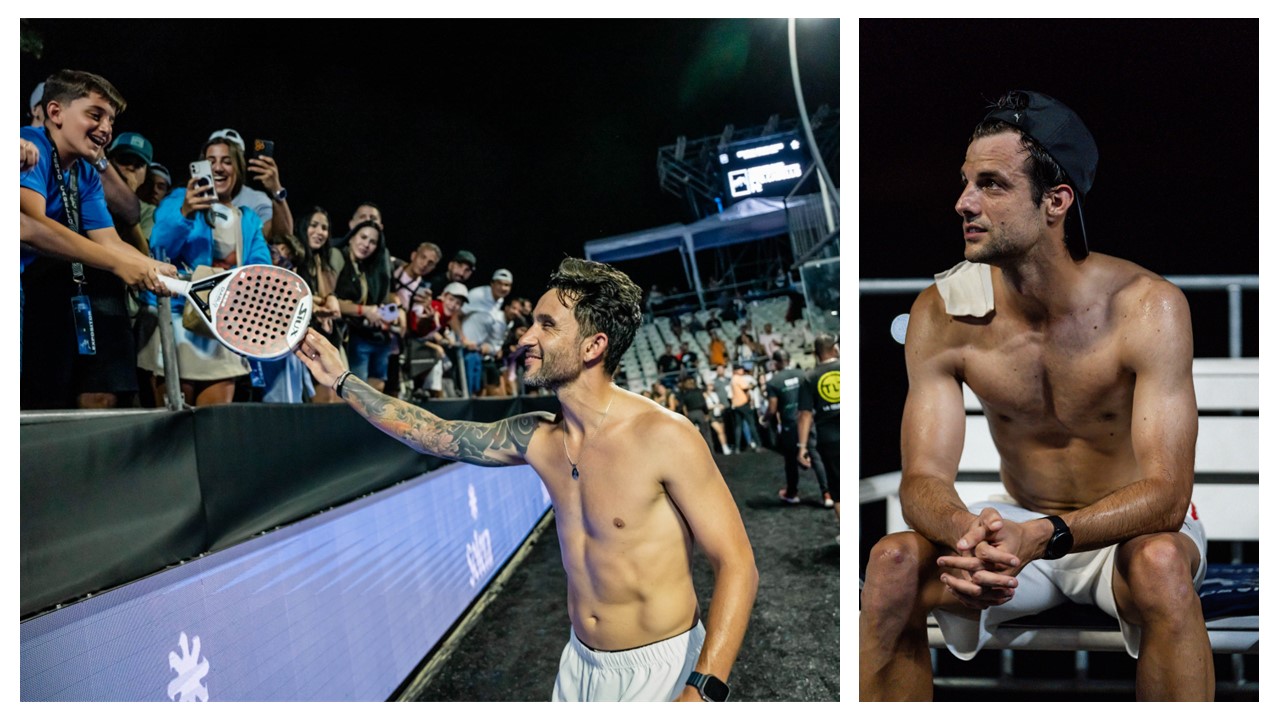 Prohibition on playing topless Padel : the reasons
Prohibition on playing topless Padel : the reasons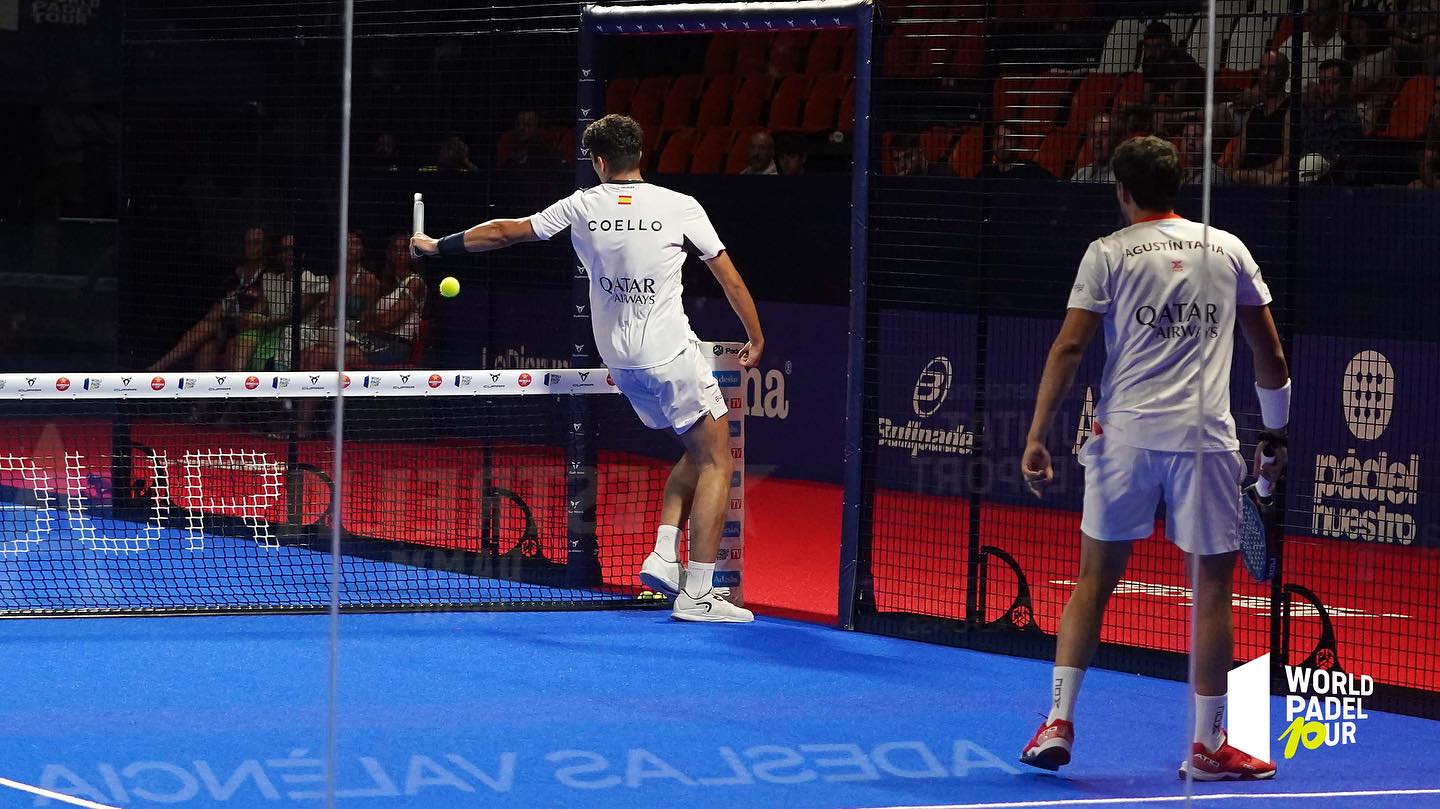 What is the difference between a dormilona, a dejada and a cushioned puerta?
What is the difference between a dormilona, a dejada and a cushioned puerta?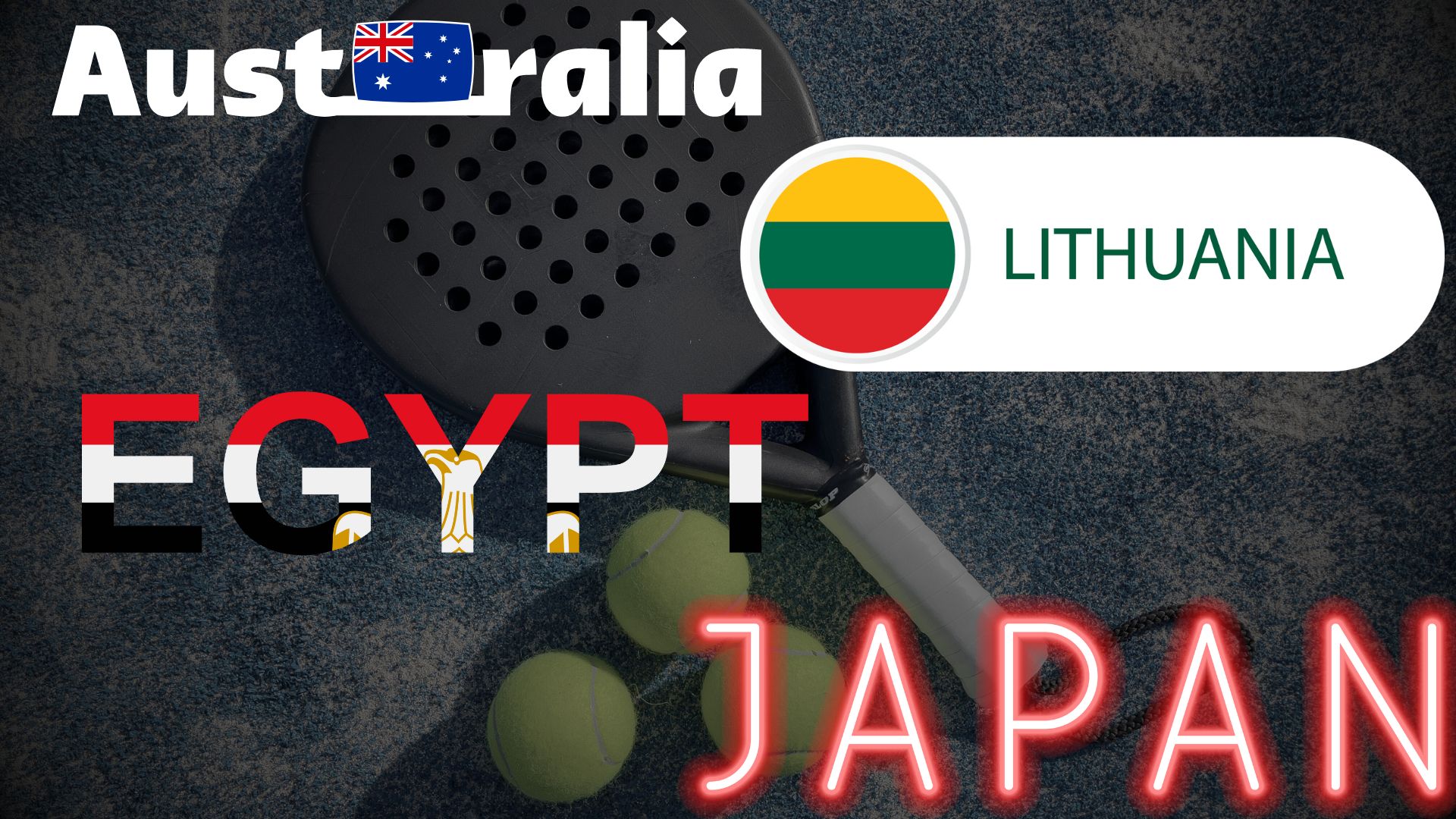 FIP Tour – Going far from Europe, THE strategy to earn points!
FIP Tour – Going far from Europe, THE strategy to earn points!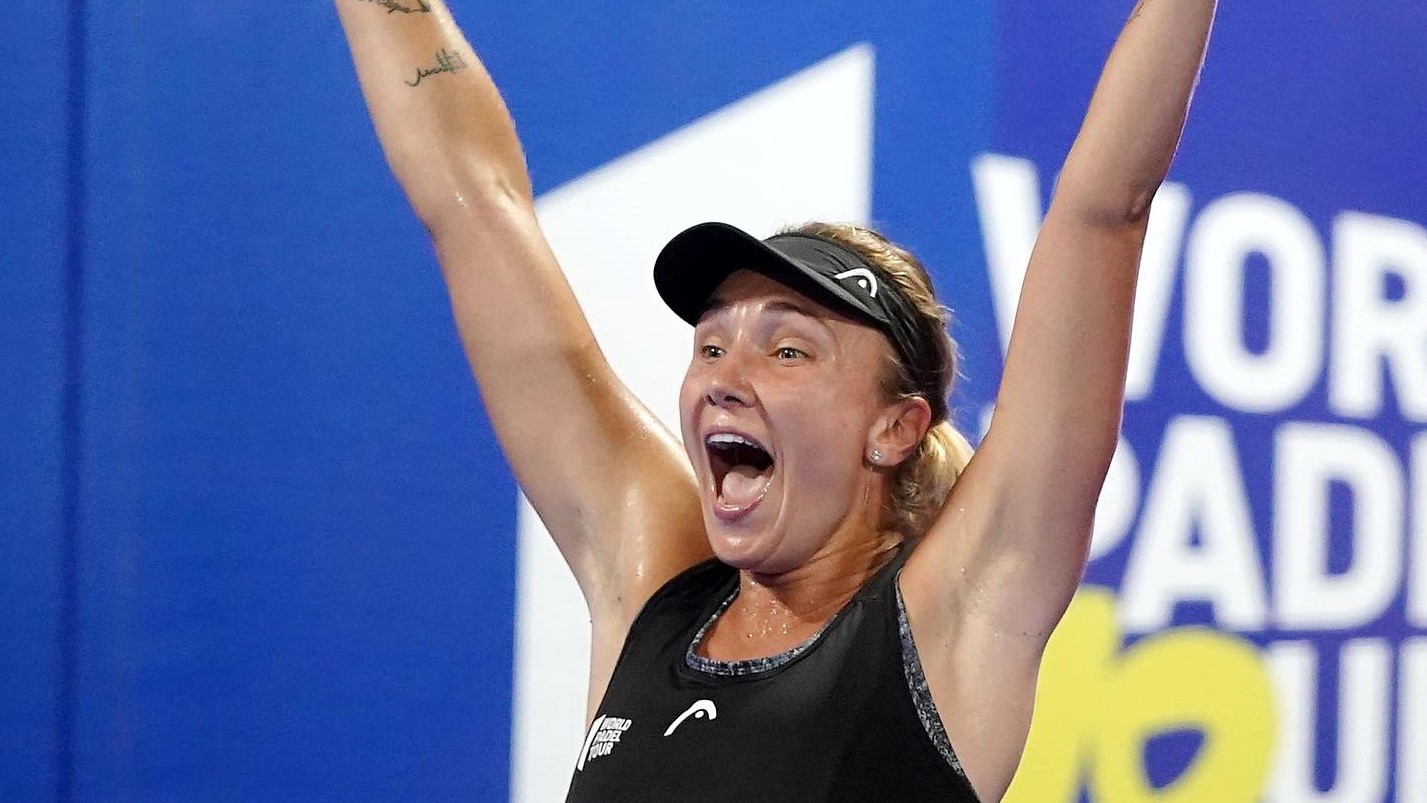 What is a good football player? padel ?
What is a good football player? padel ?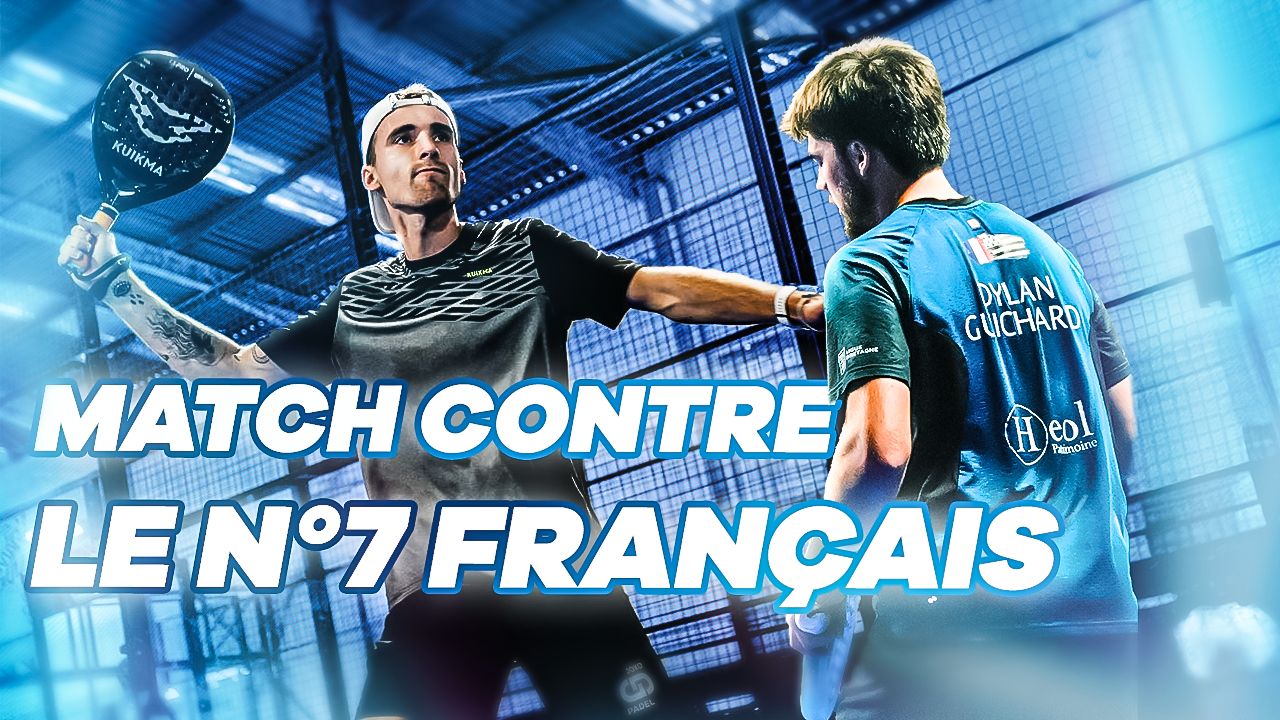 “Lefties give me headaches when I play against them!”
“Lefties give me headaches when I play against them!”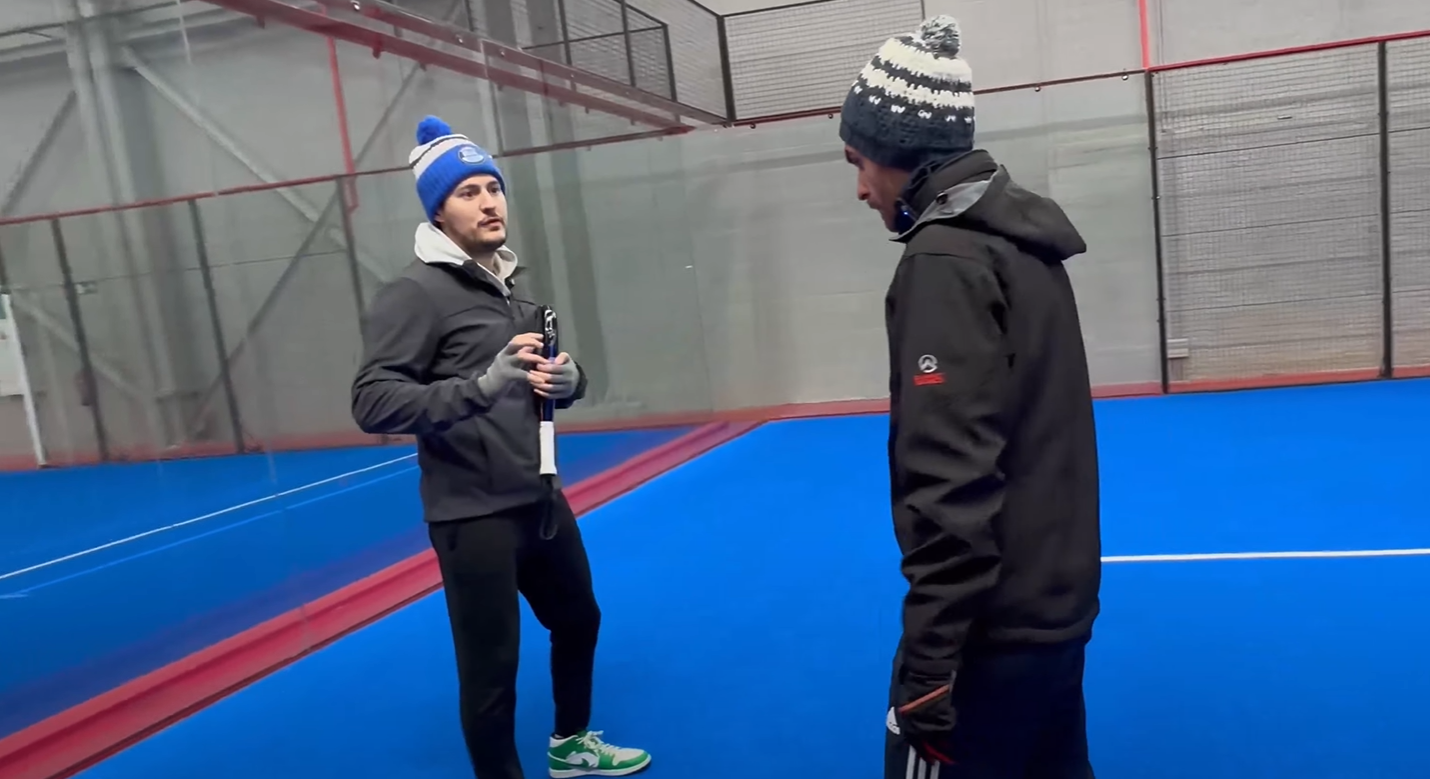 At the heart of padel – Episode 14: how to earn points in winter?
At the heart of padel – Episode 14: how to earn points in winter?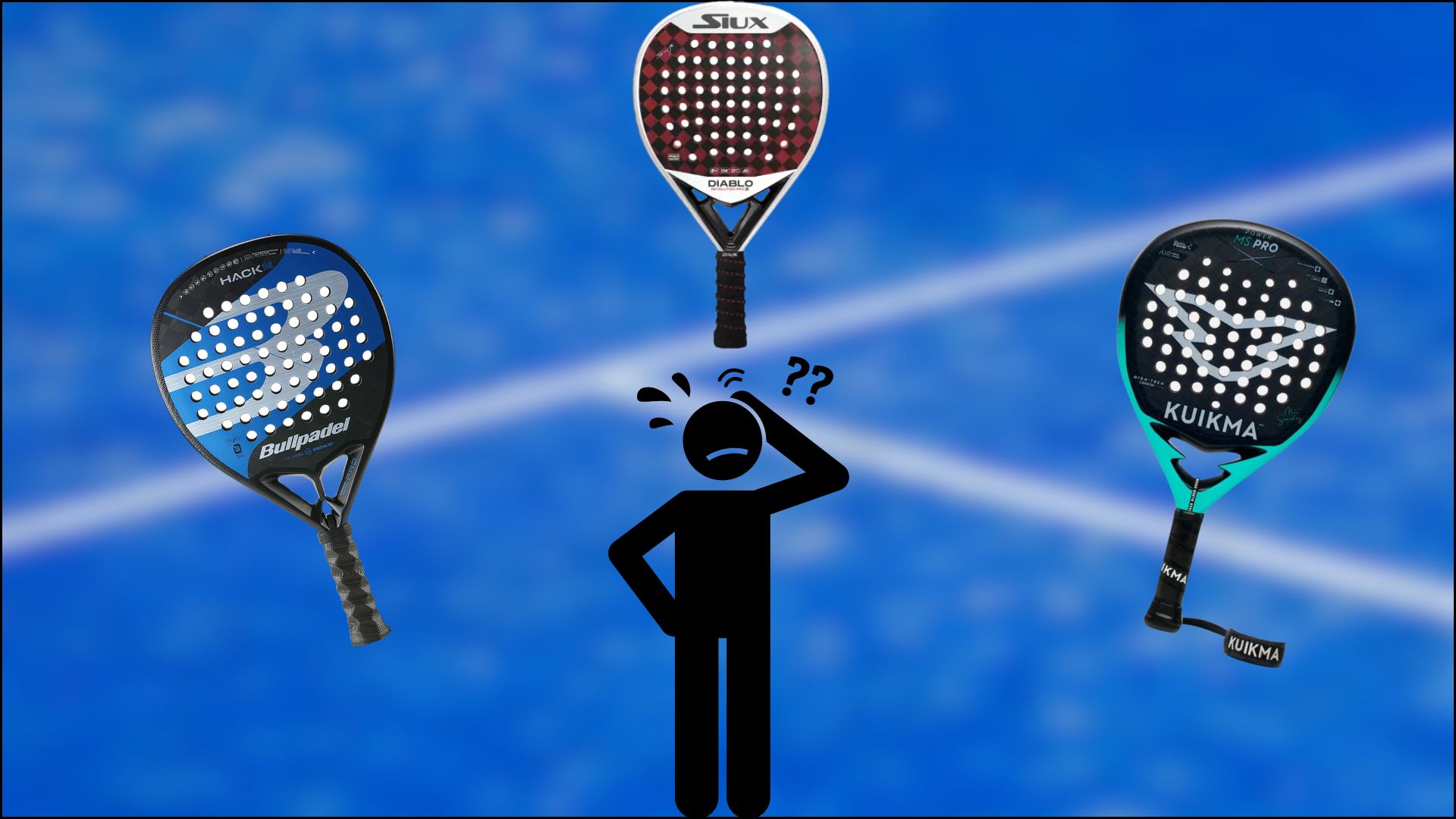 Choose your racquet padel in 3 steps
Choose your racquet padel in 3 steps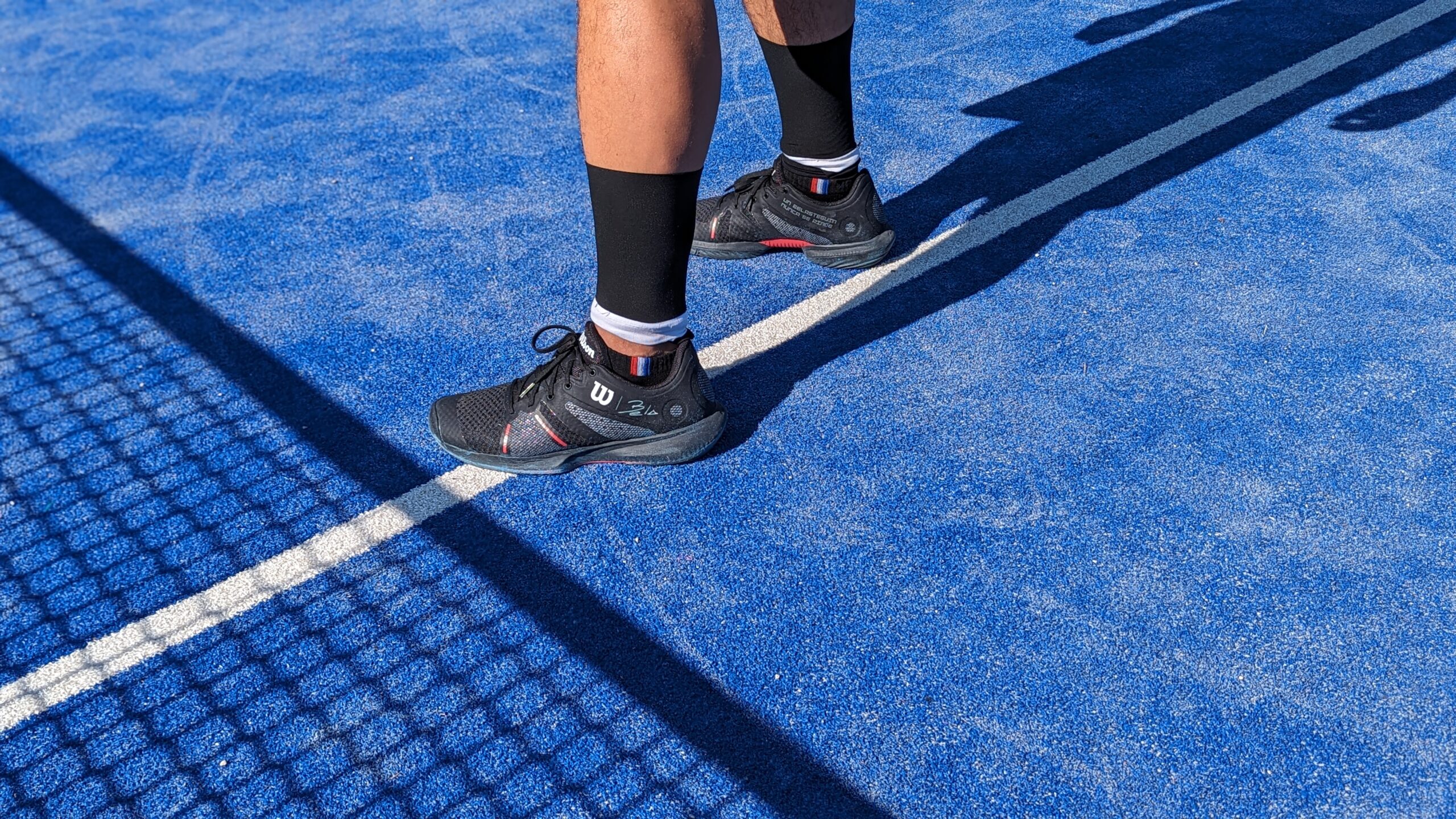 Practical guide to determining your ideal shoe size padel
Practical guide to determining your ideal shoe size padel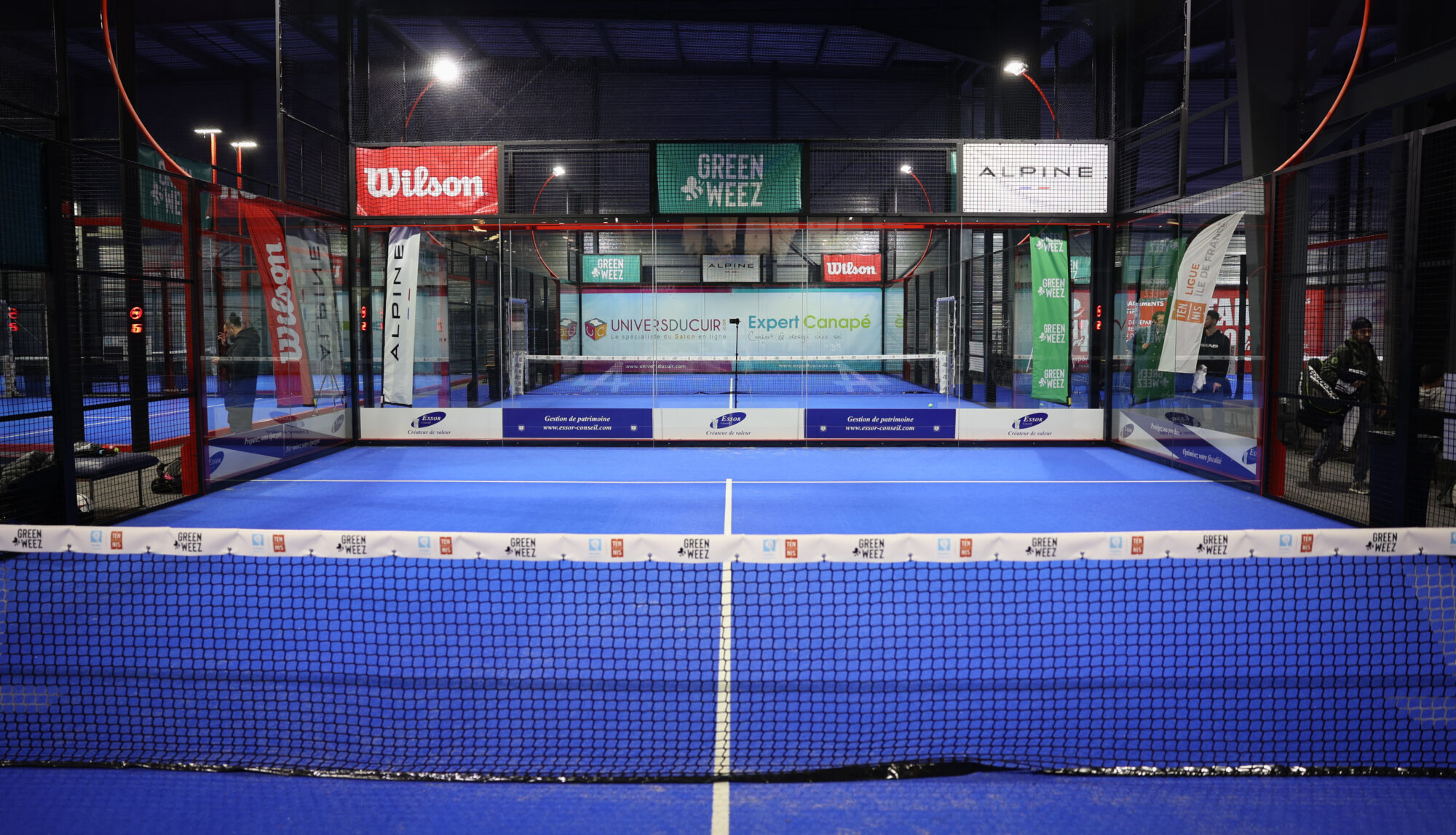 P1000 to P2000: minimum heights and spaces required for slope exits?
P1000 to P2000: minimum heights and spaces required for slope exits?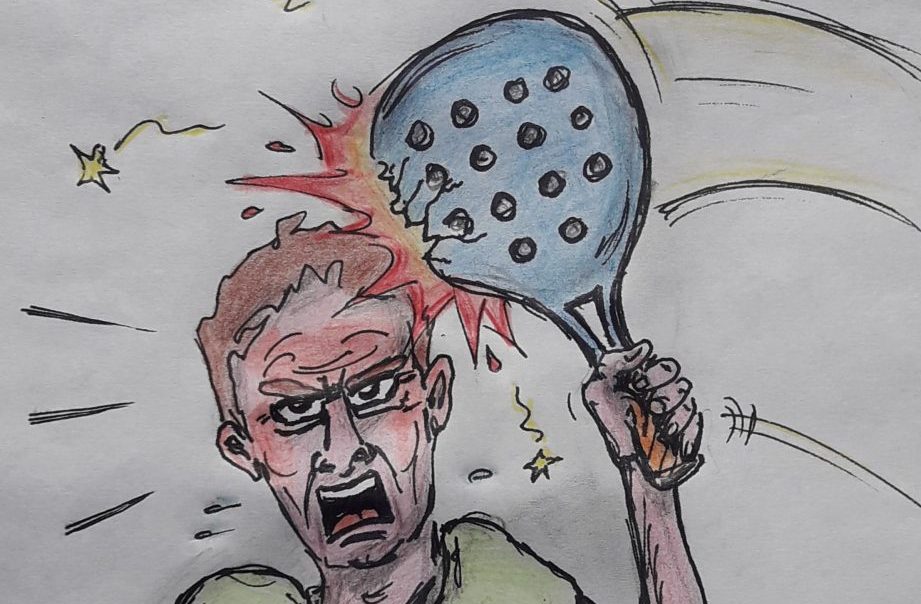 Don't play with a cracked or broken racket, your body will thank you!
Don't play with a cracked or broken racket, your body will thank you! Michel Cymes: “The padel, physically, it’s serious!”
Michel Cymes: “The padel, physically, it’s serious!”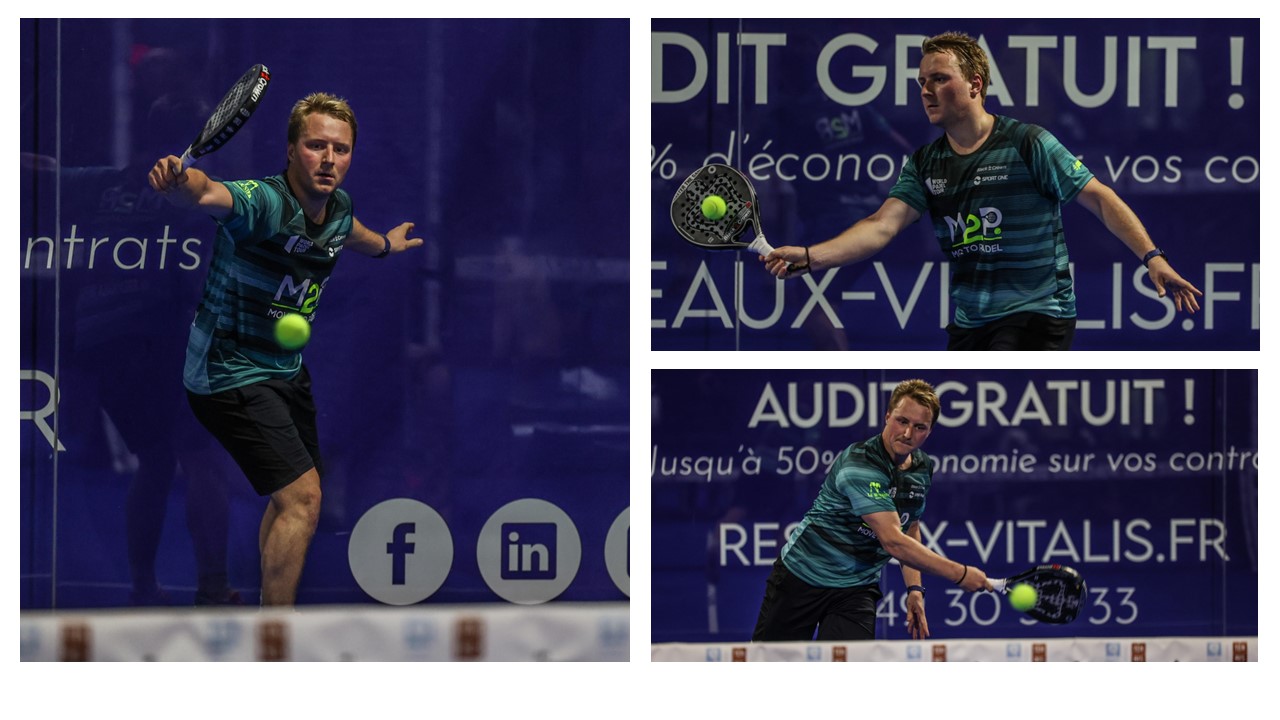 Jeremy Gala: “Promote the padel among young people in Belgium remains a challenge”
Jeremy Gala: “Promote the padel among young people in Belgium remains a challenge”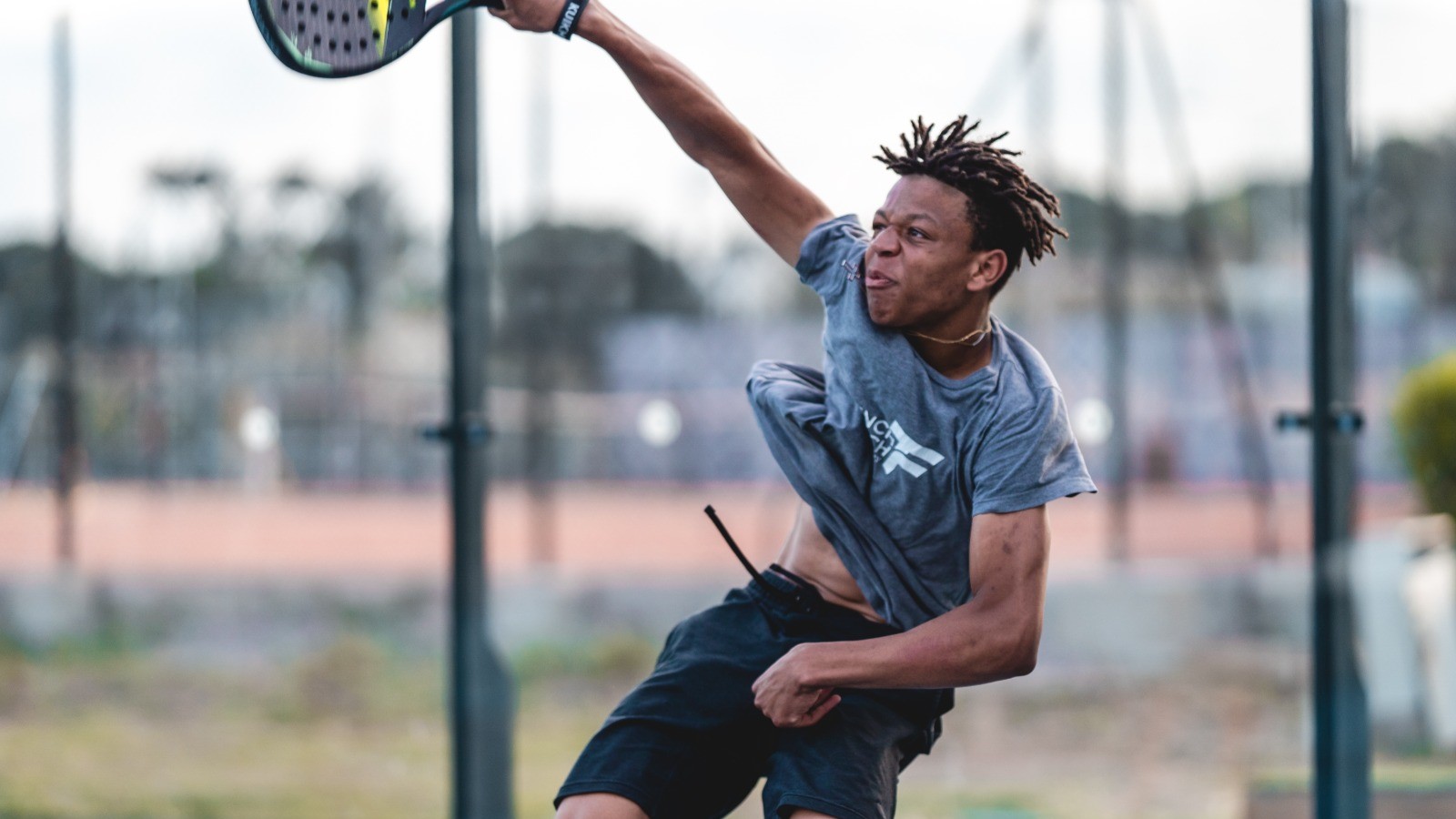 The French Touch Academy organizes its selection day Padel-Study
The French Touch Academy organizes its selection day Padel-Study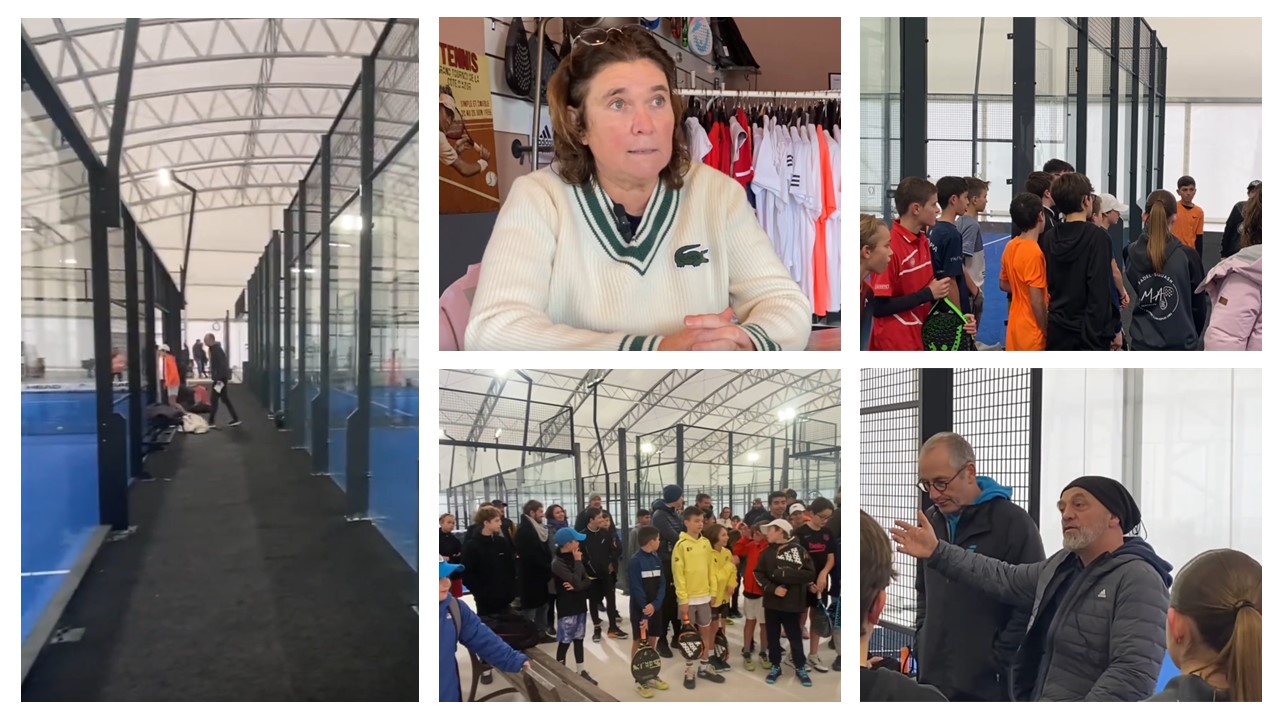 Report on the detection and training of younger generations
Report on the detection and training of younger generations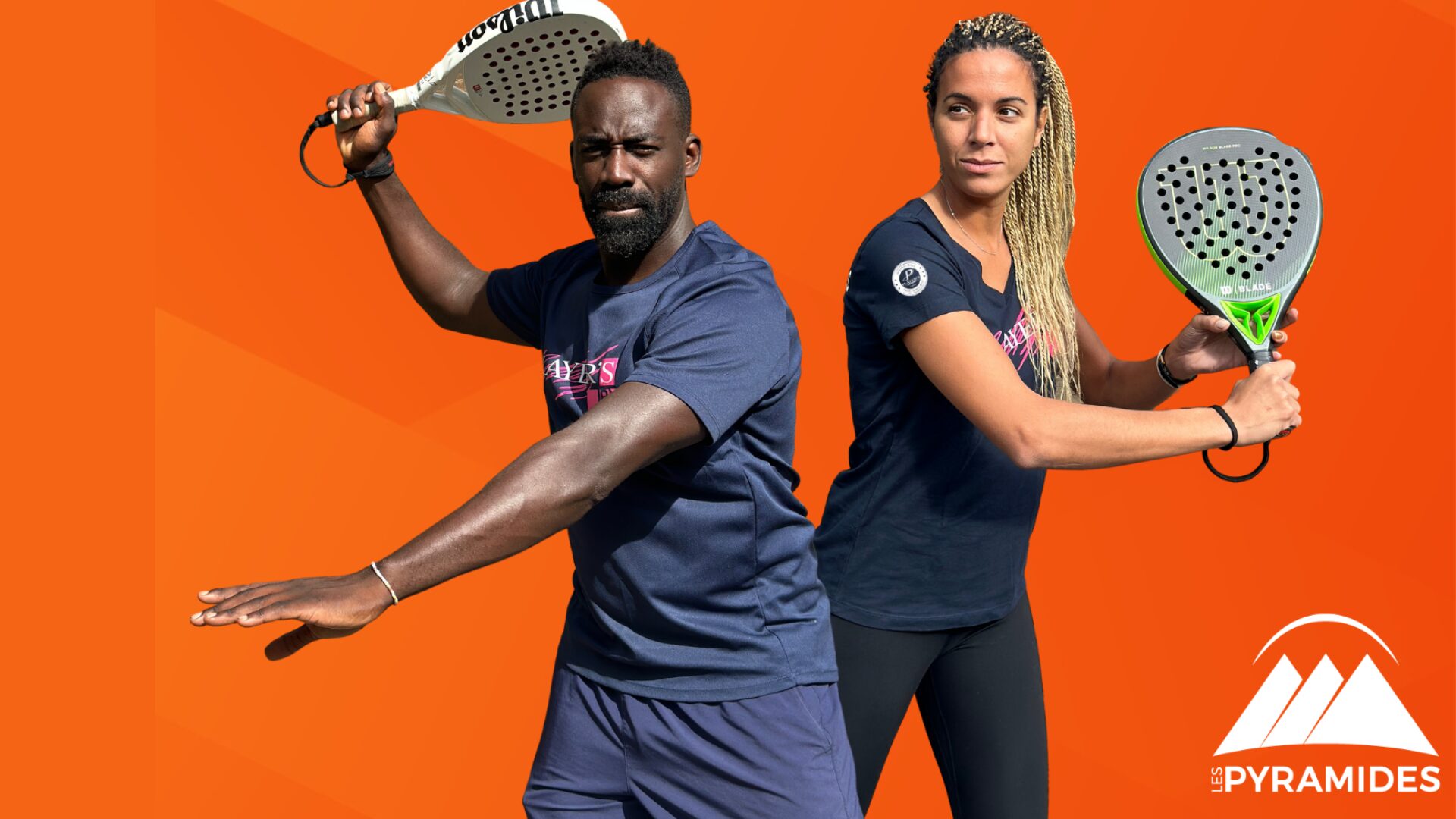 Player's adult courses from April 8 to 21, 2024!
Player's adult courses from April 8 to 21, 2024!